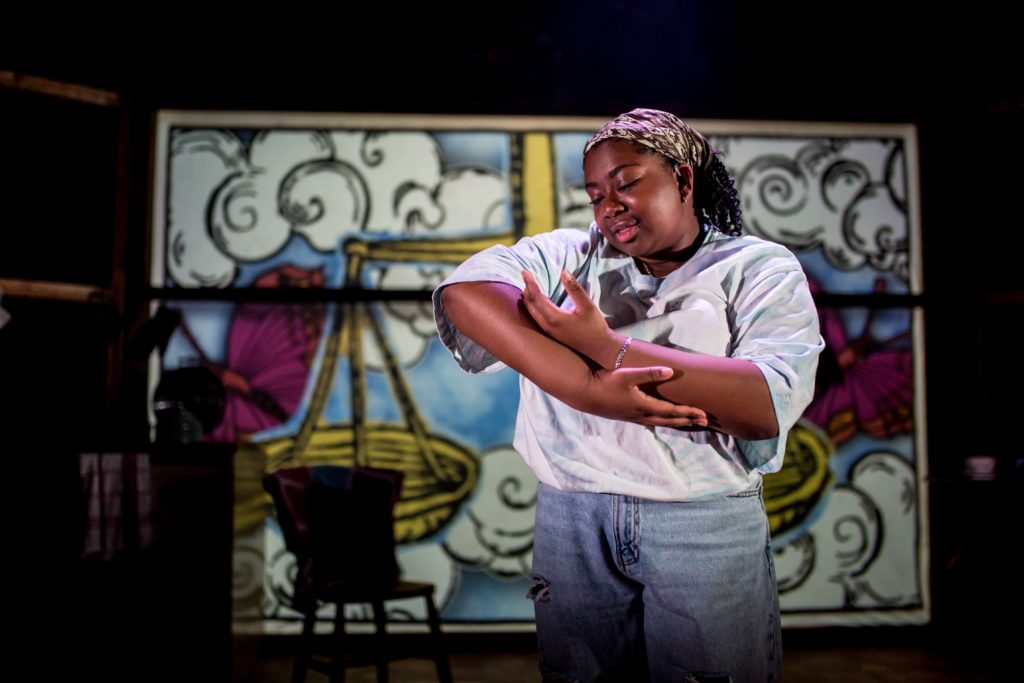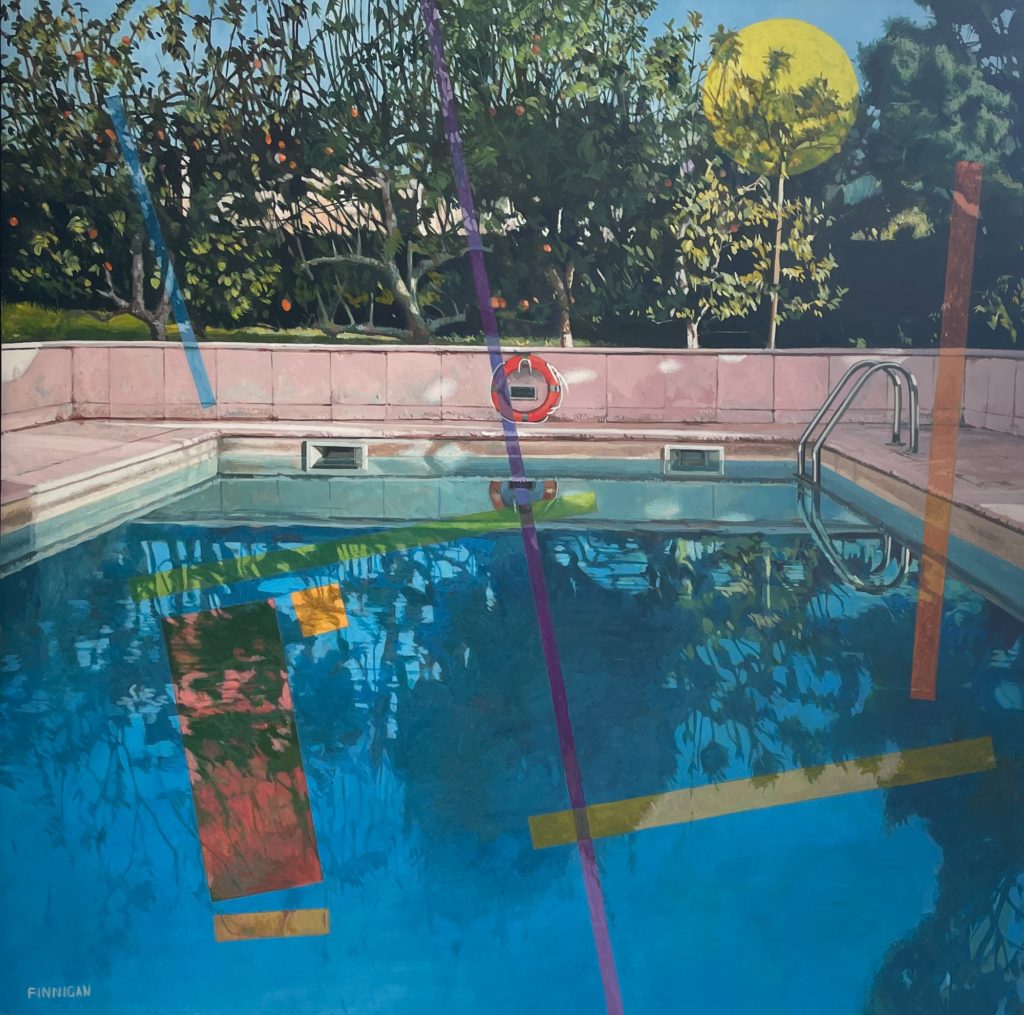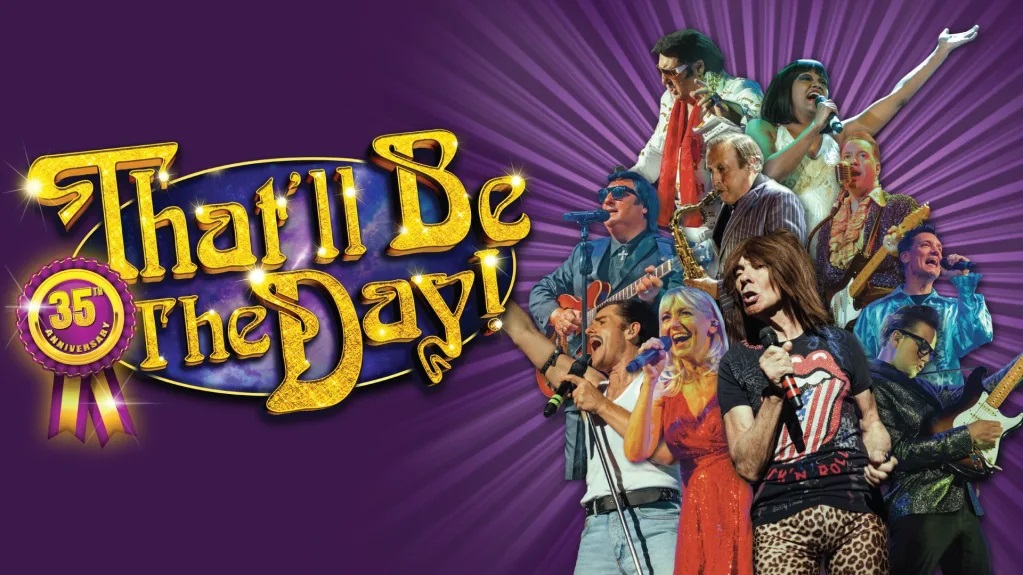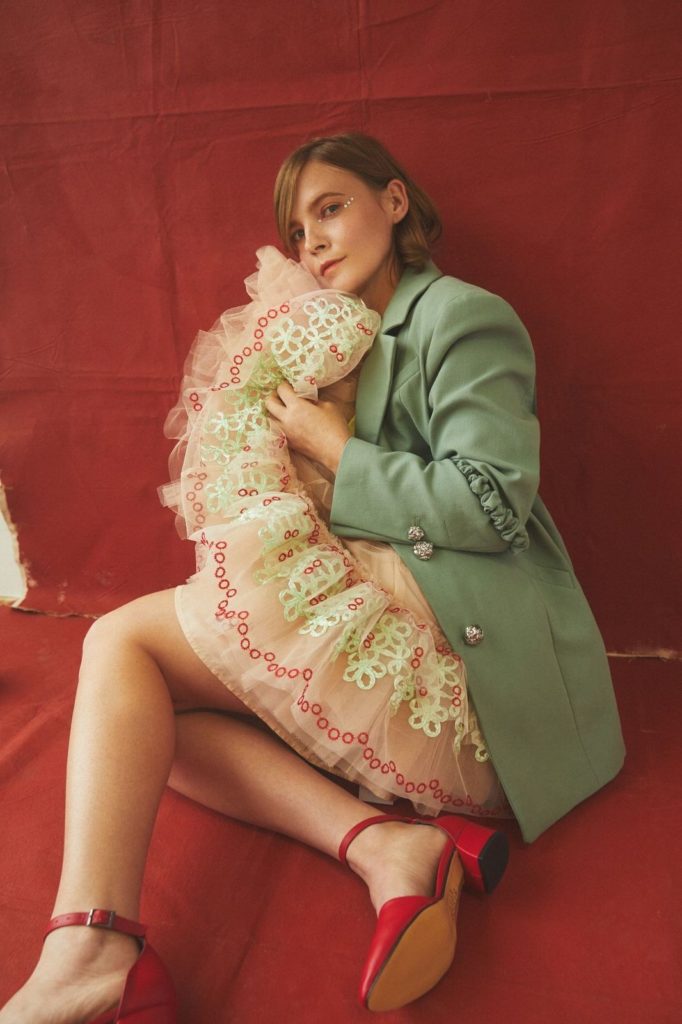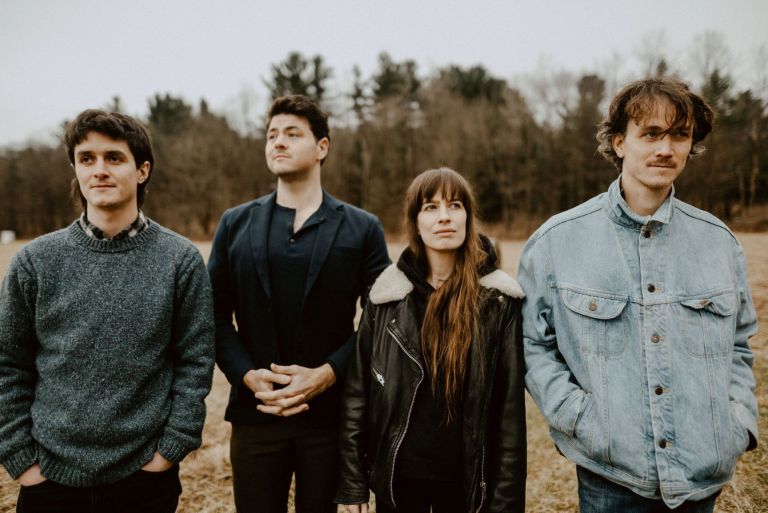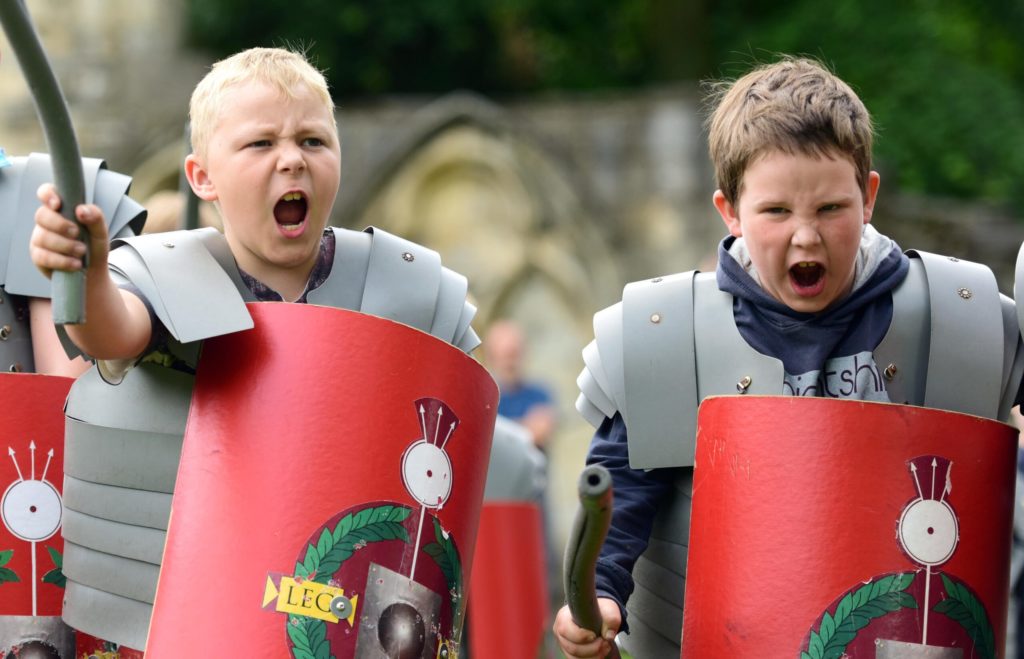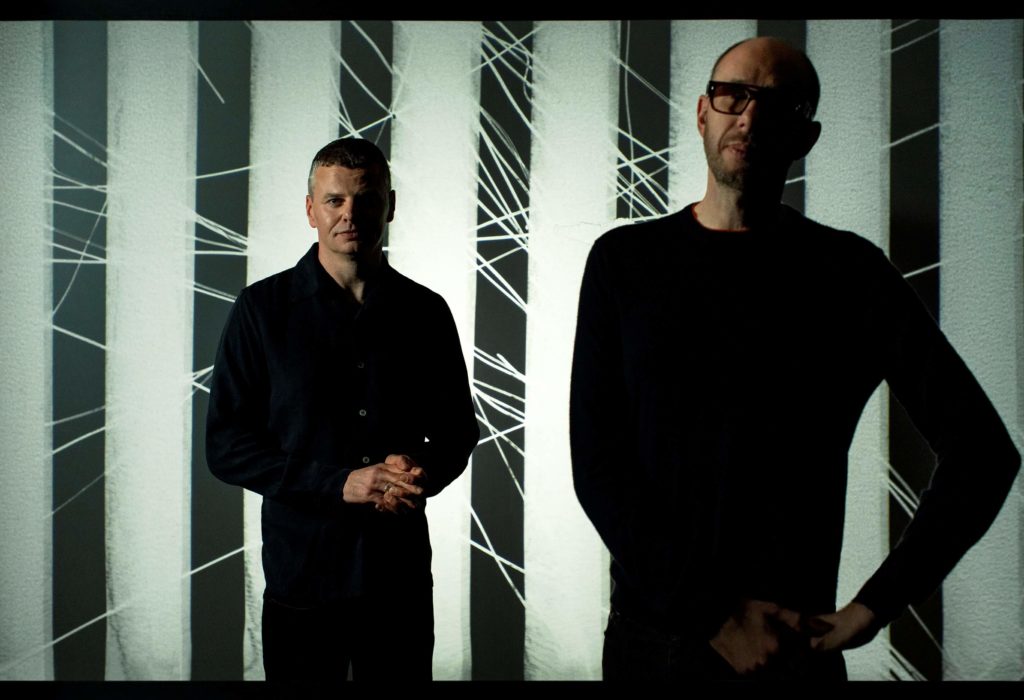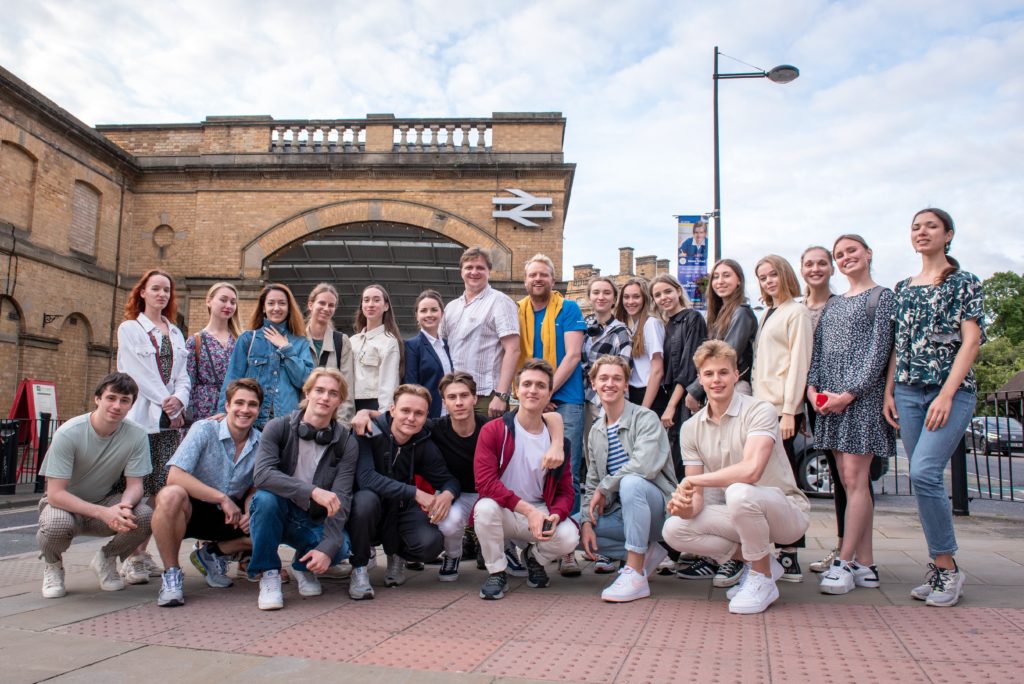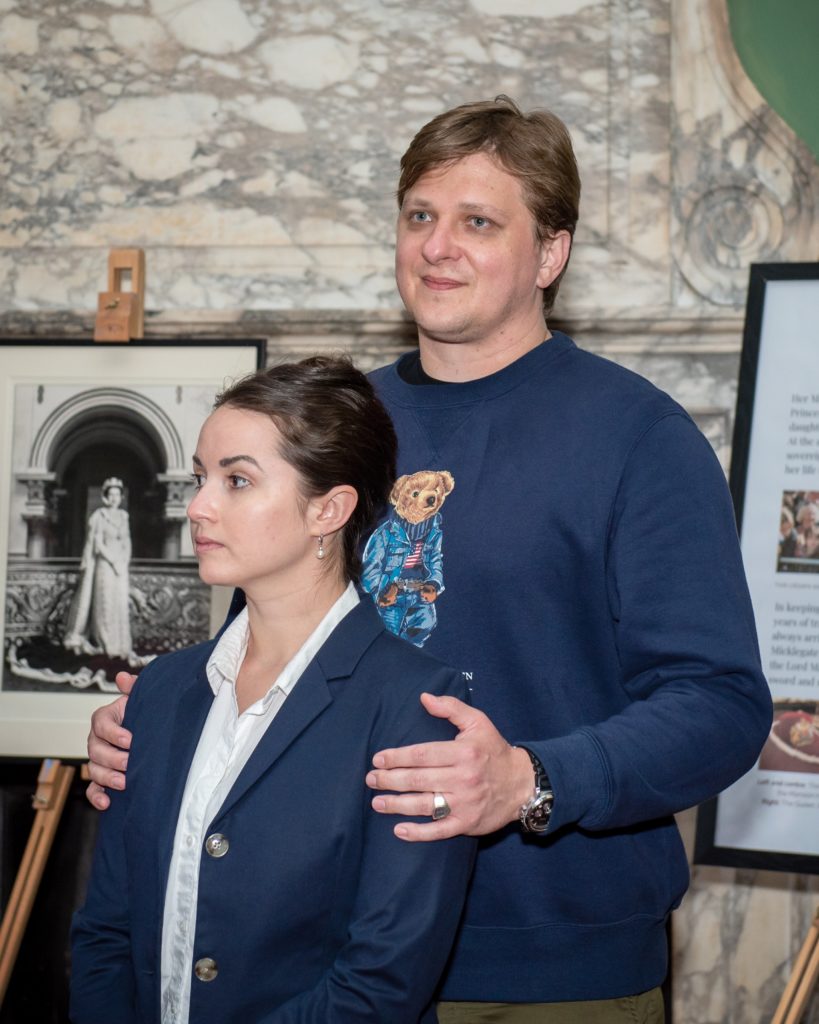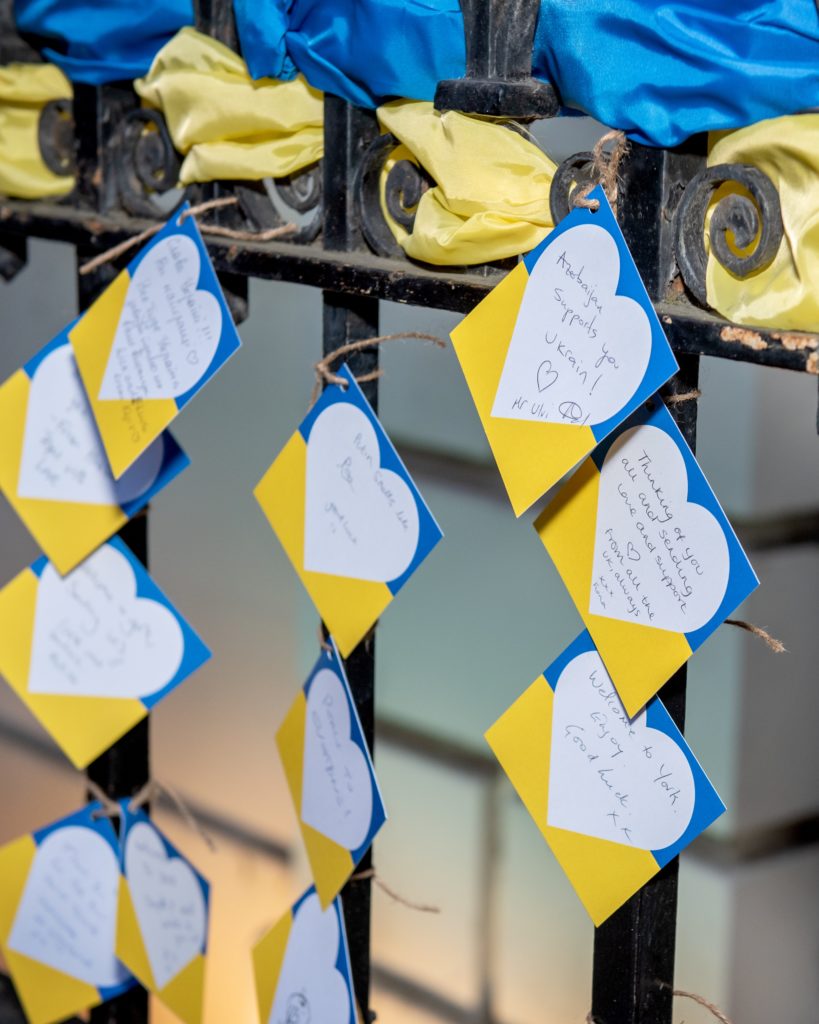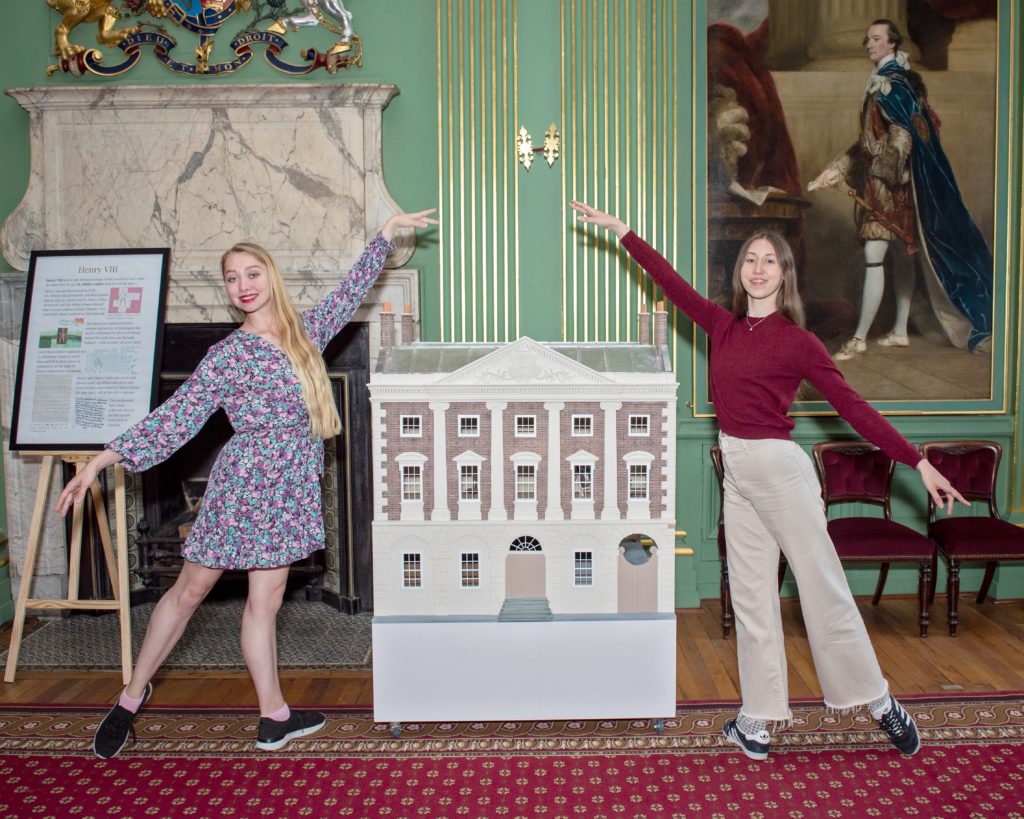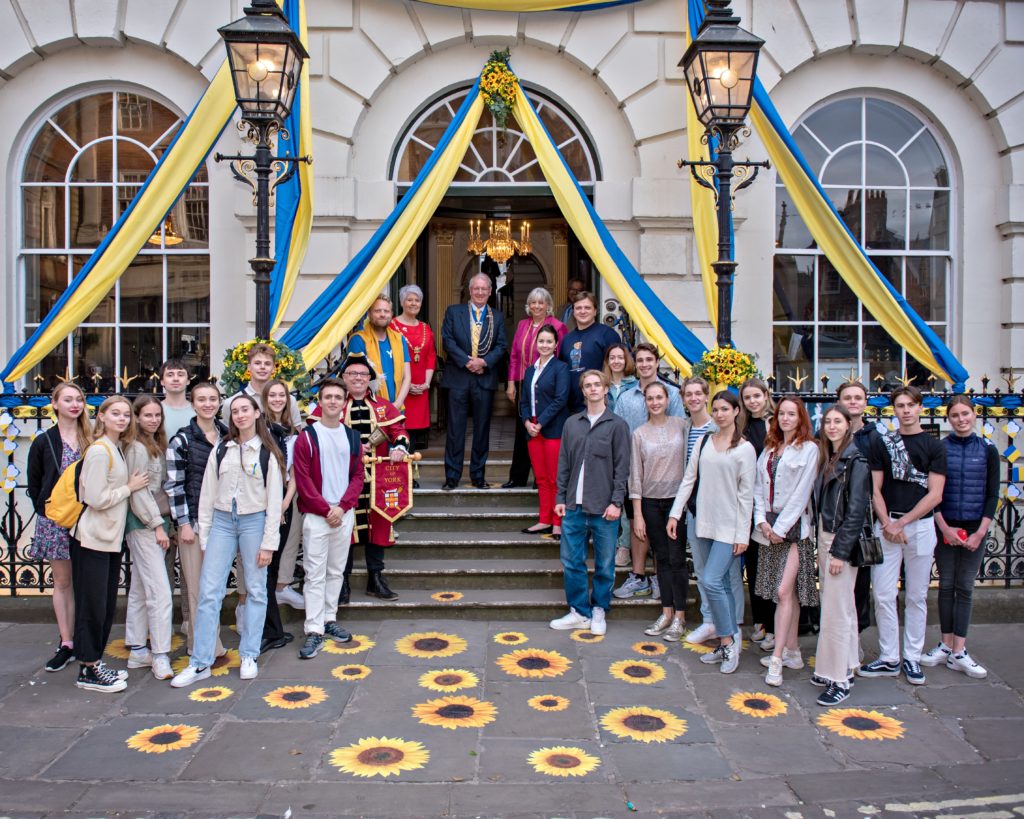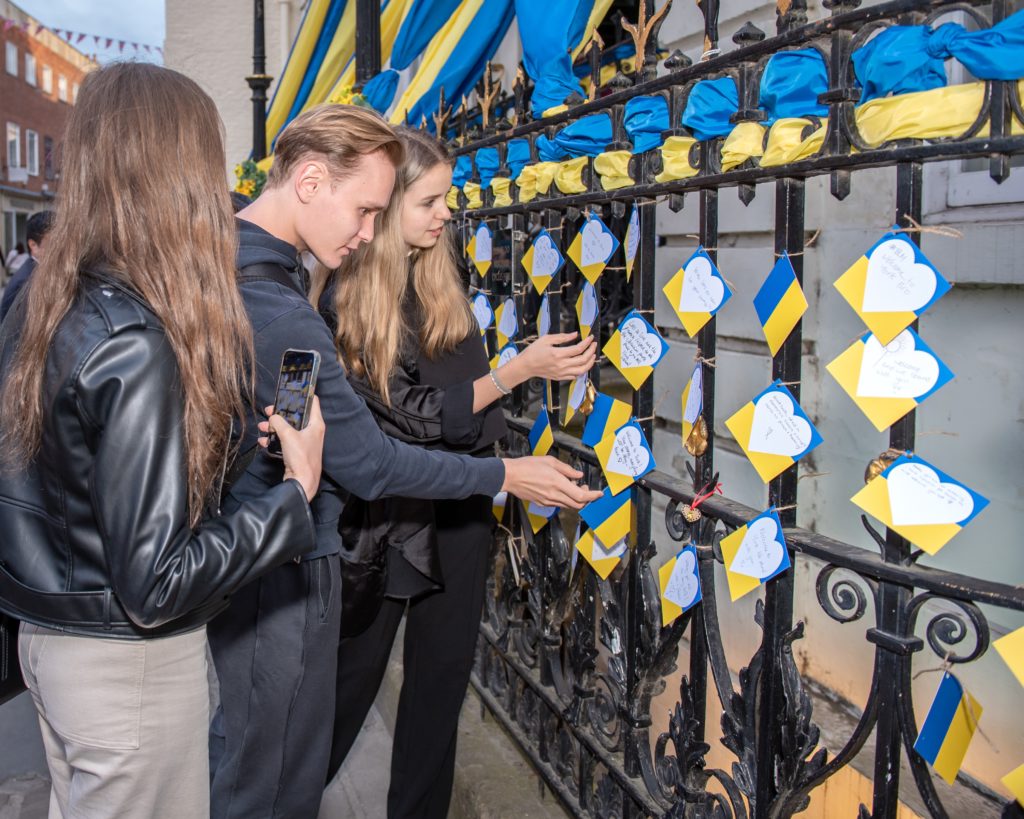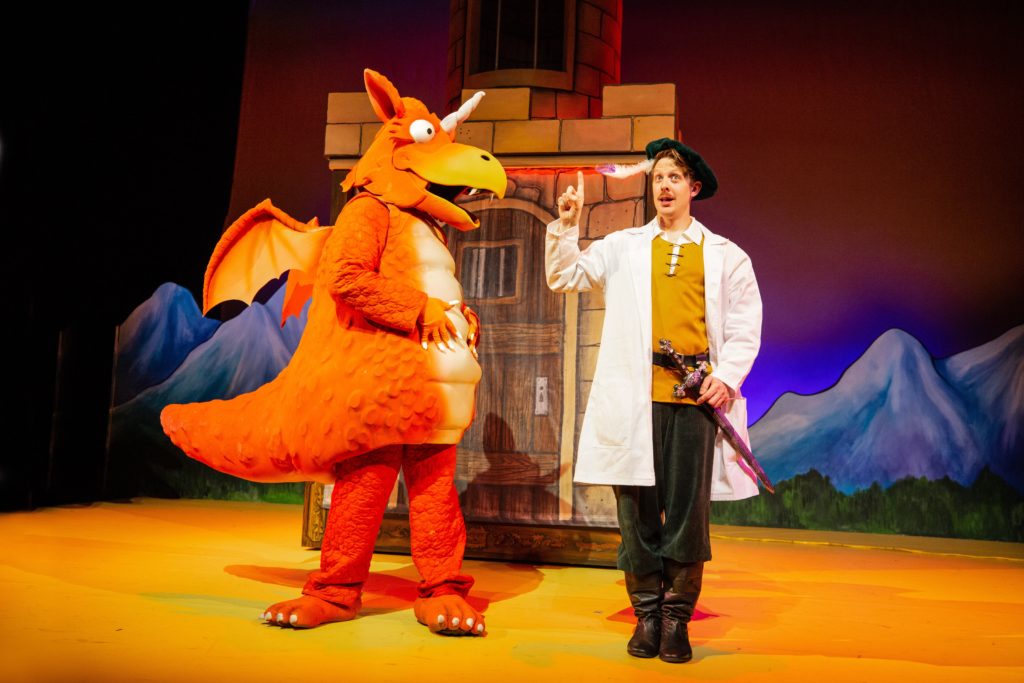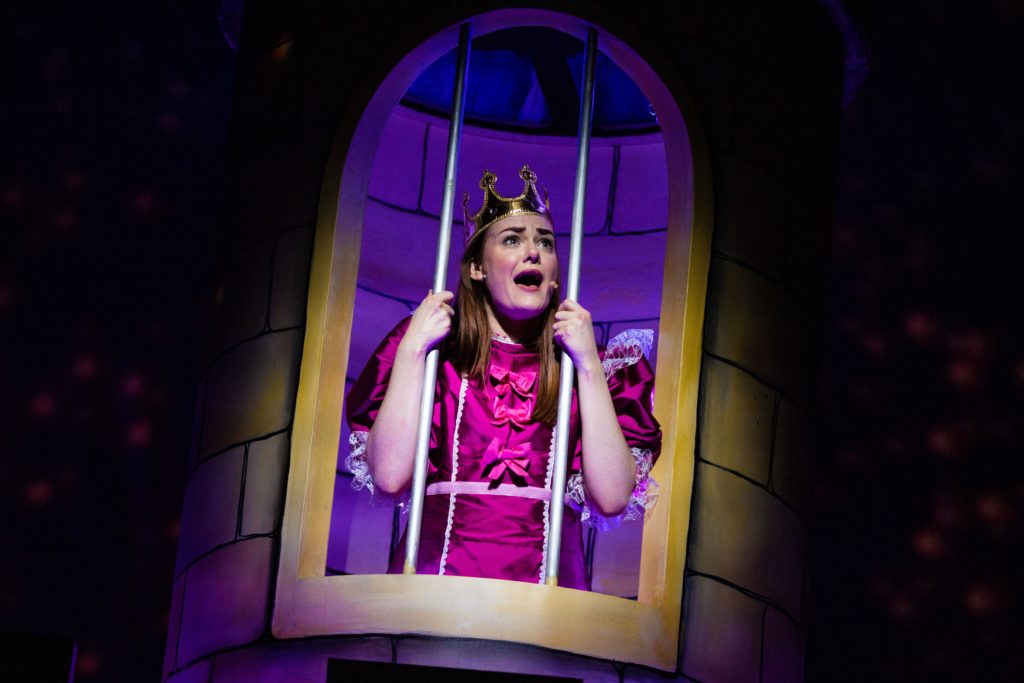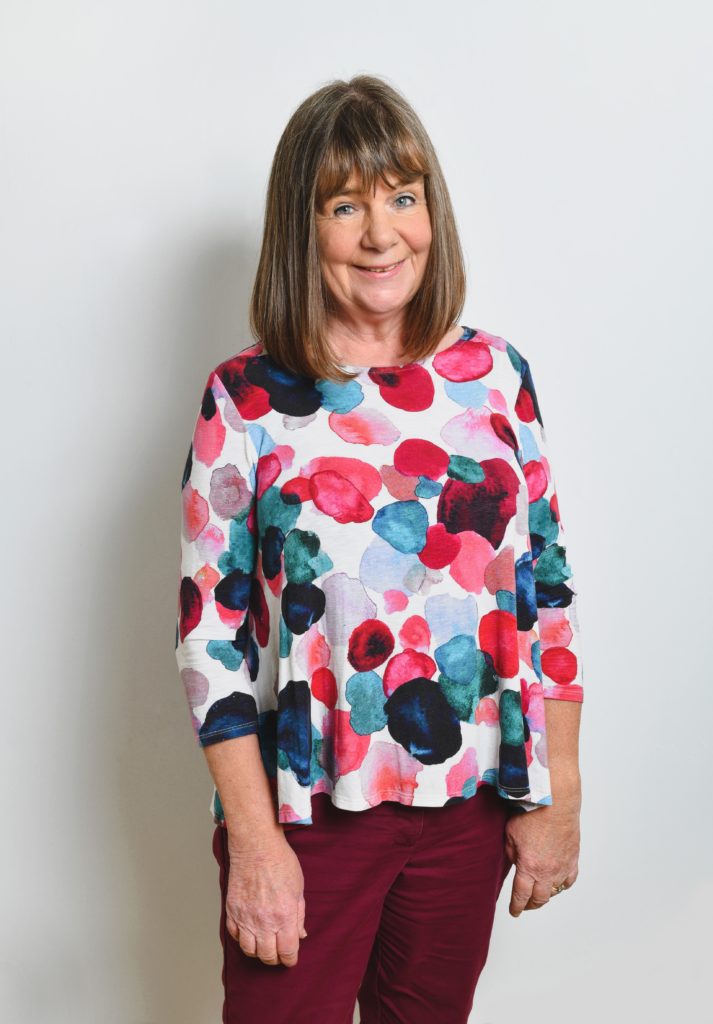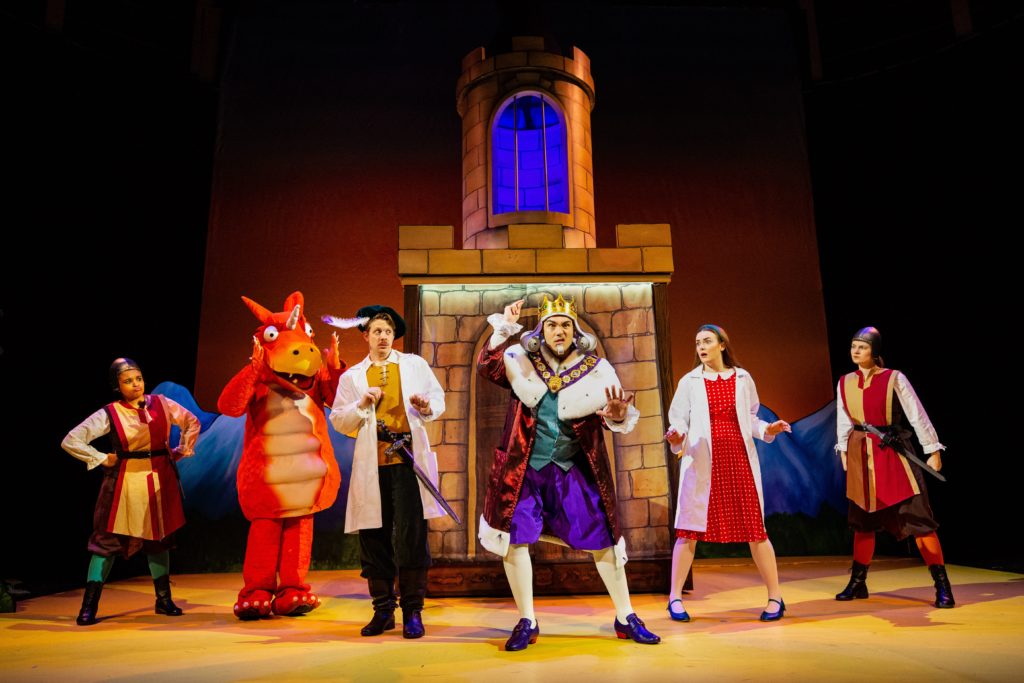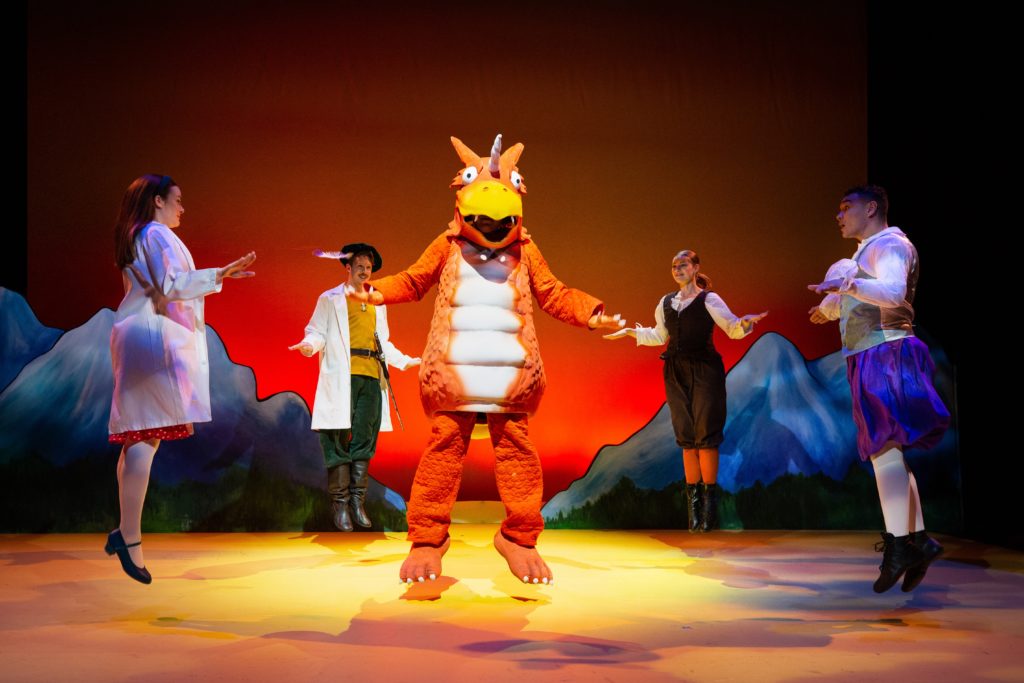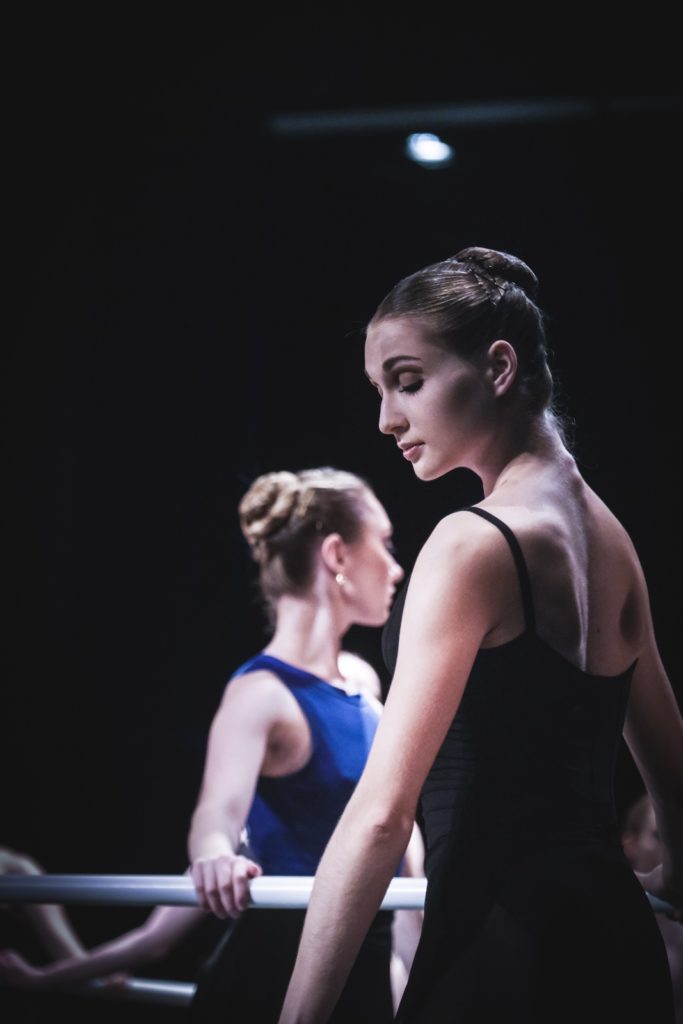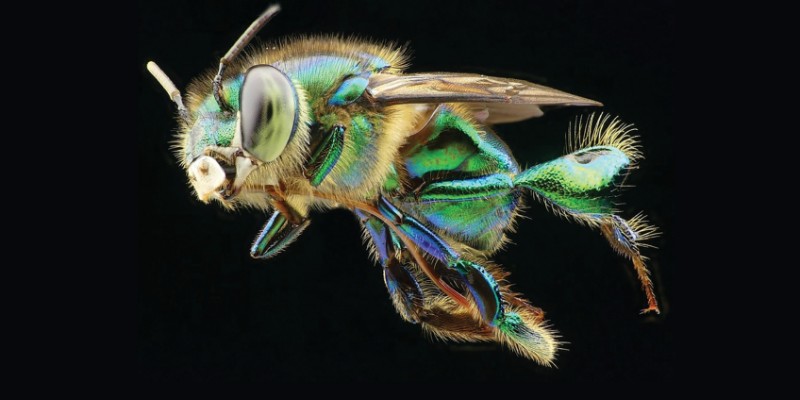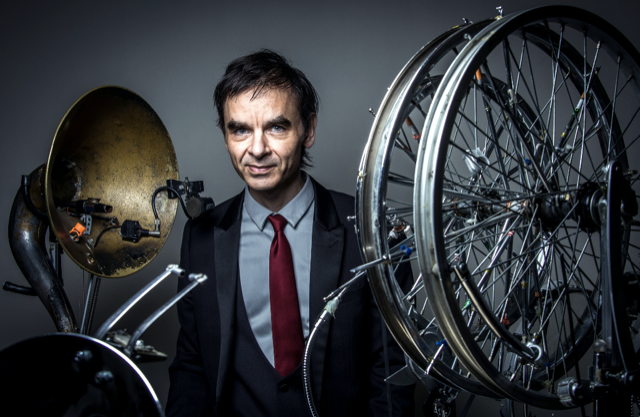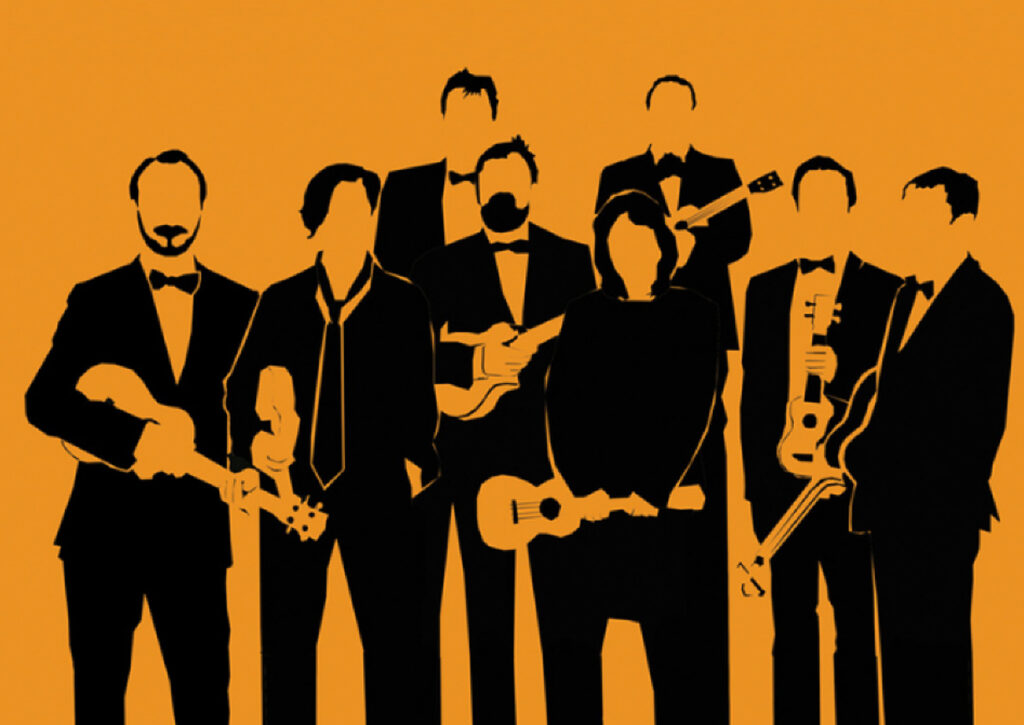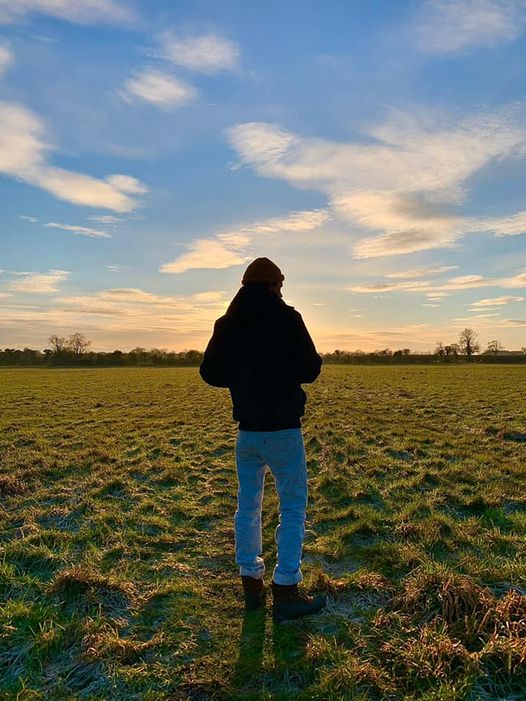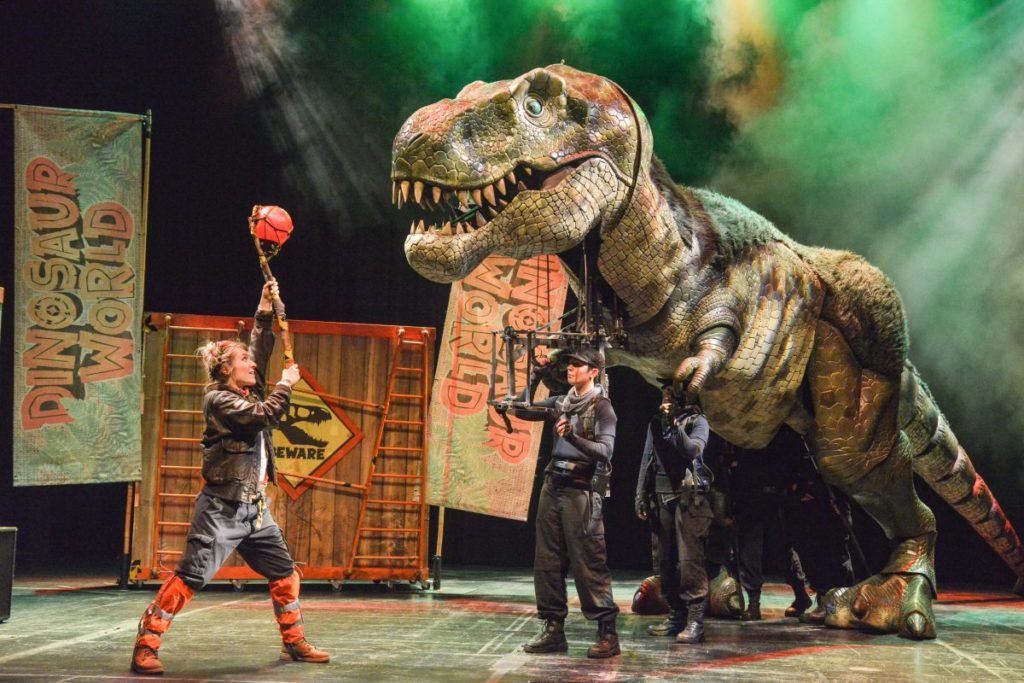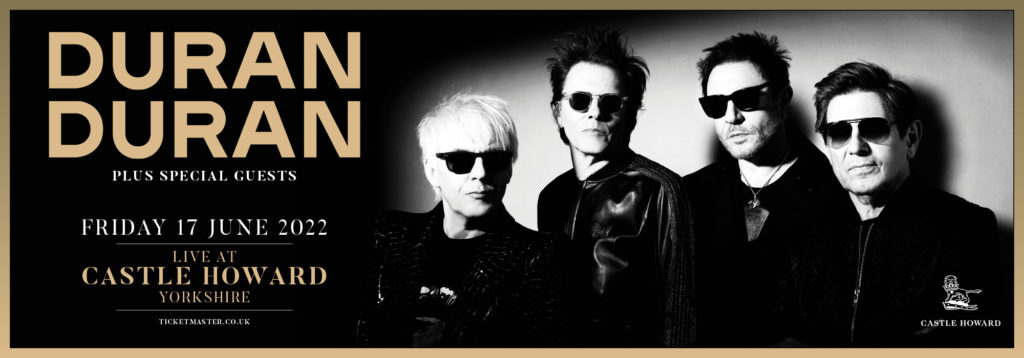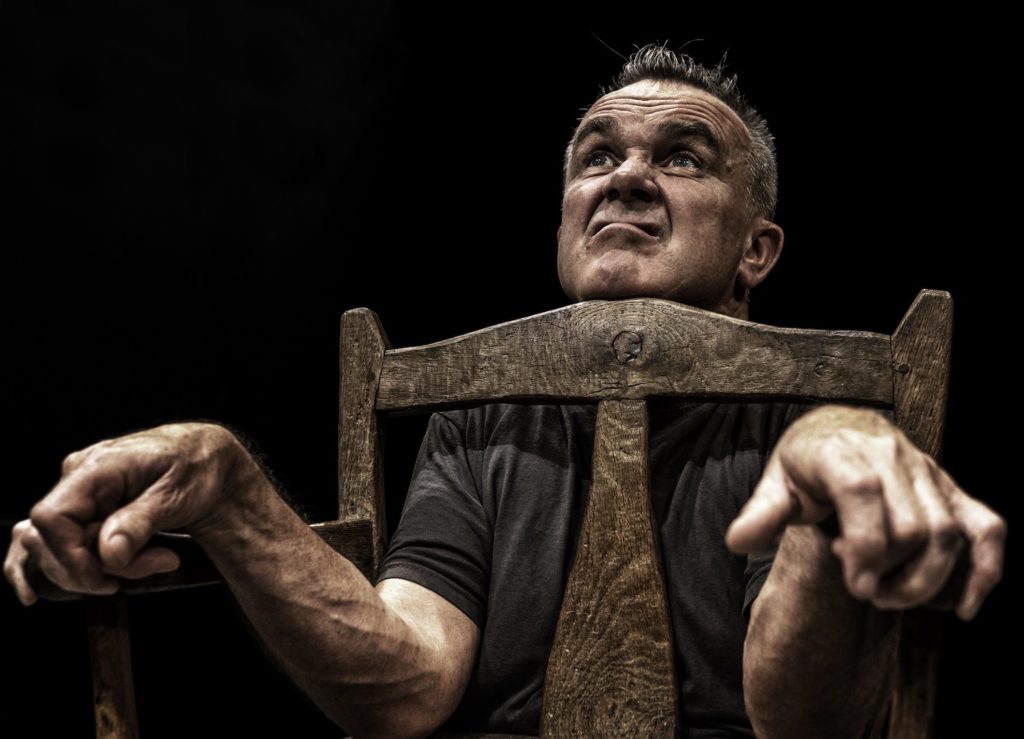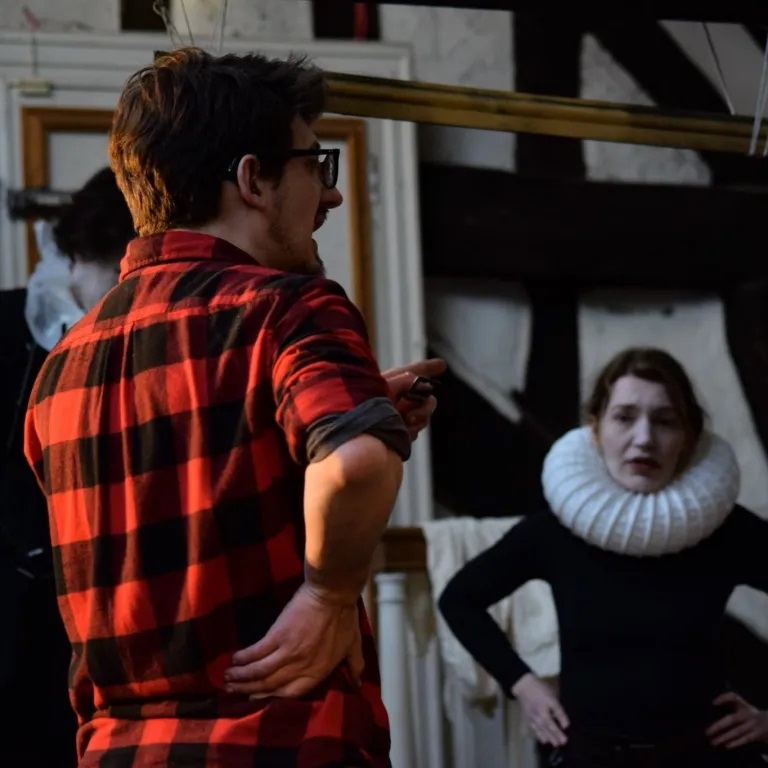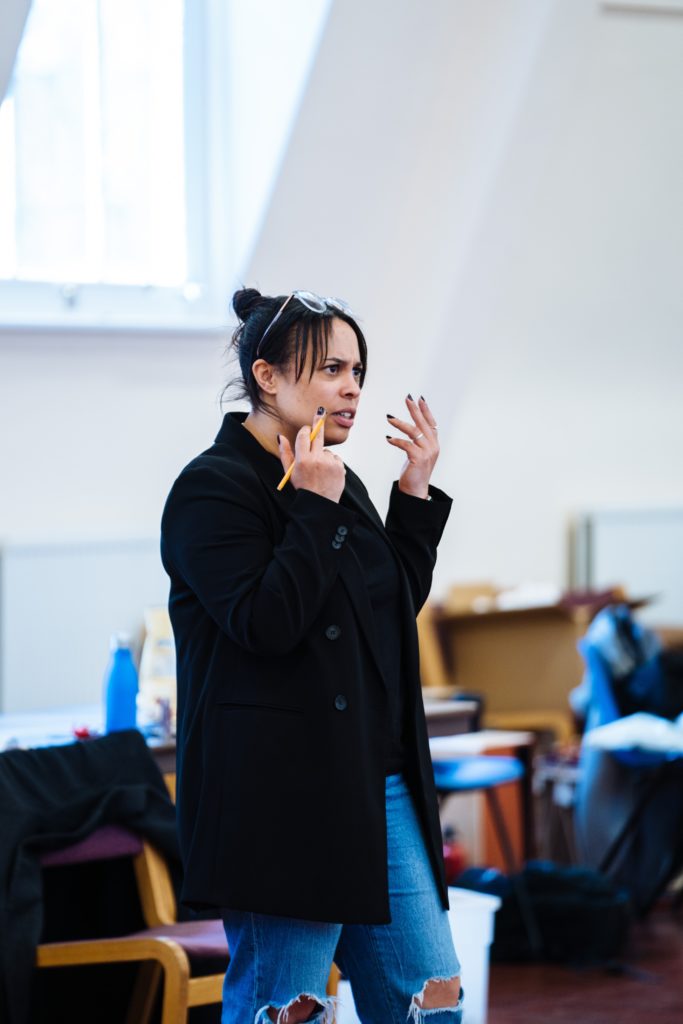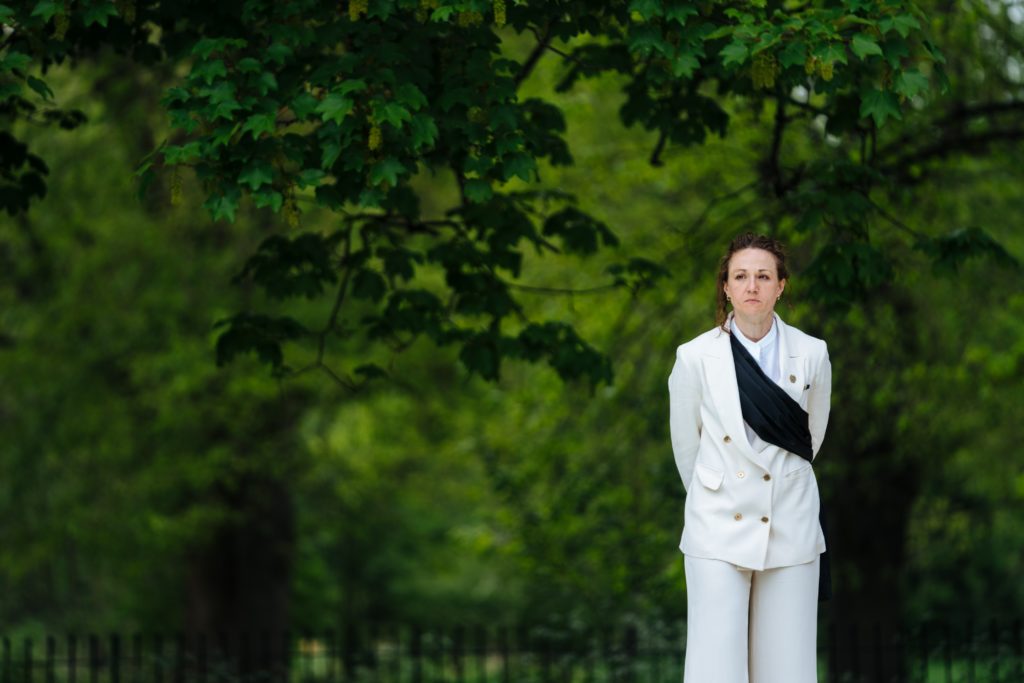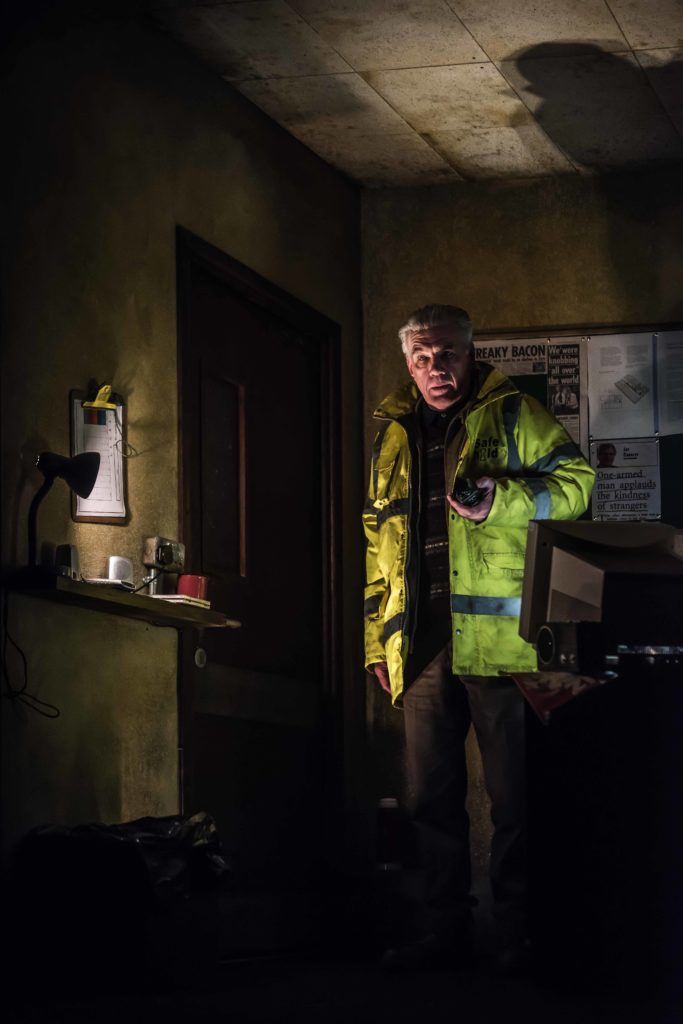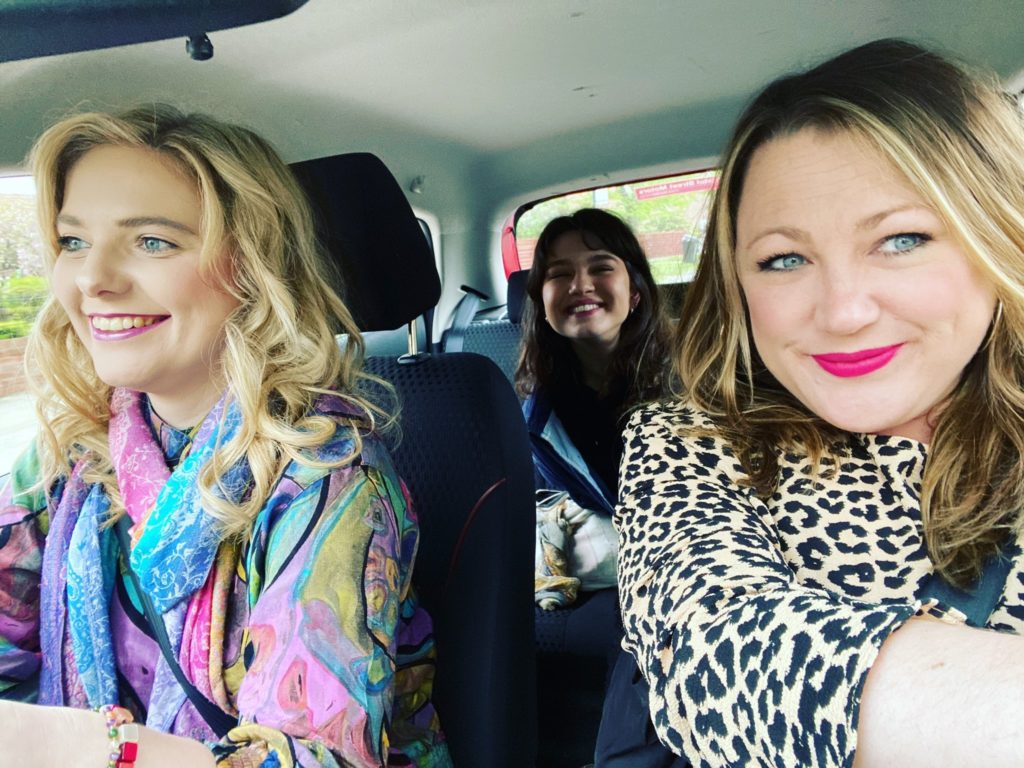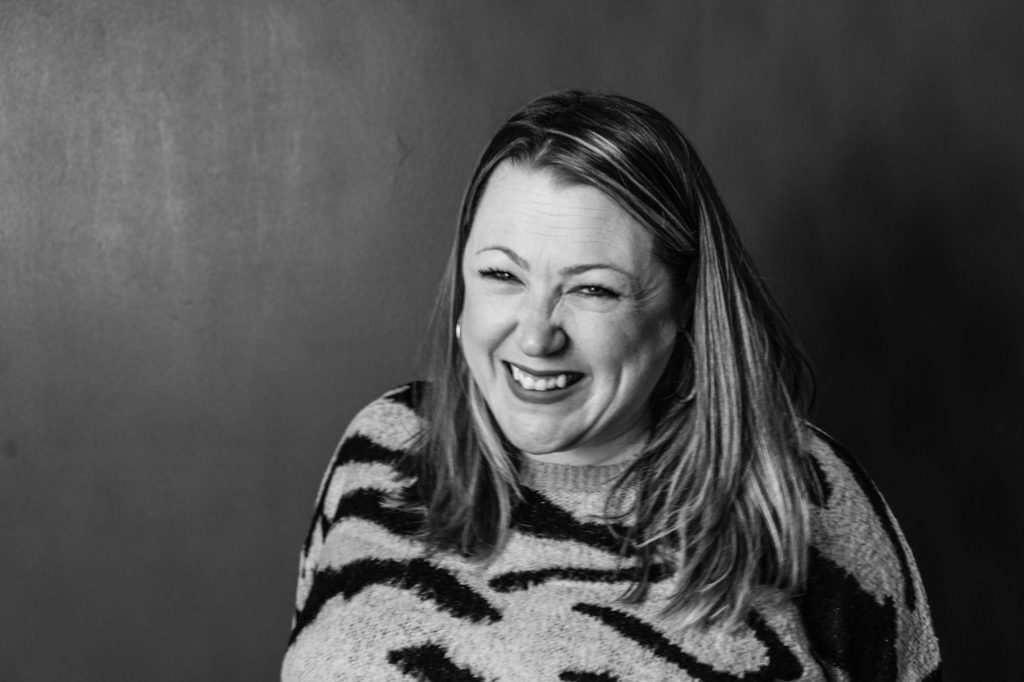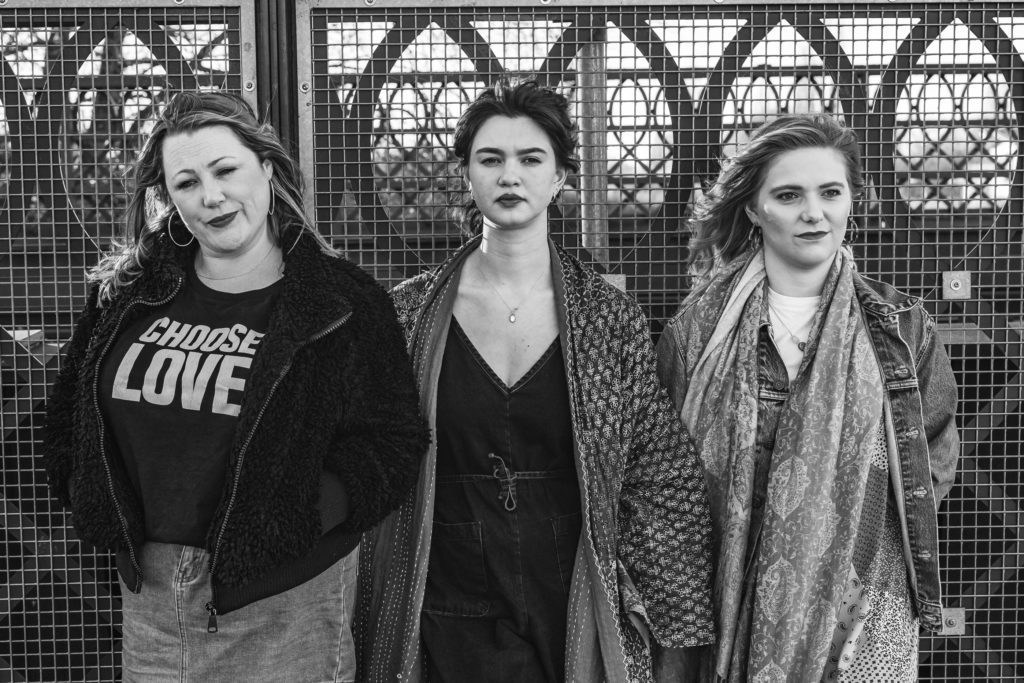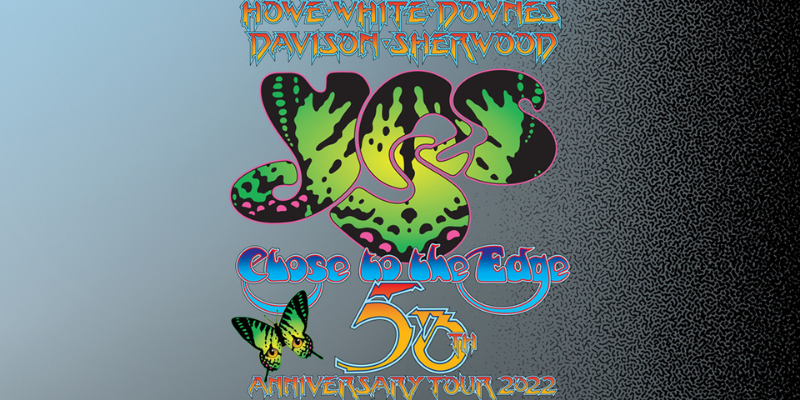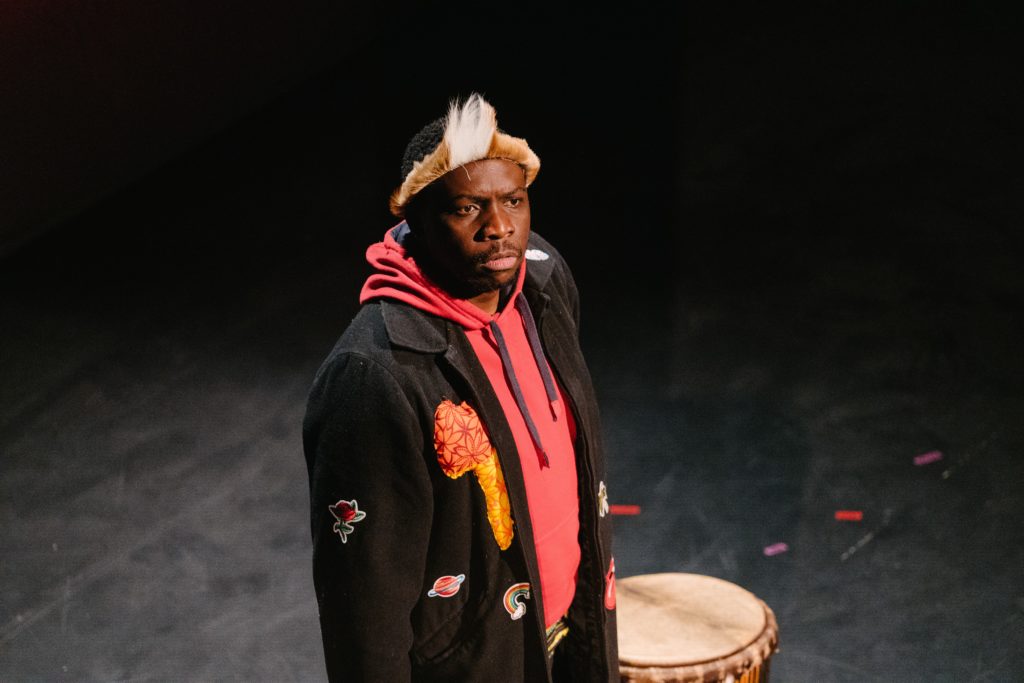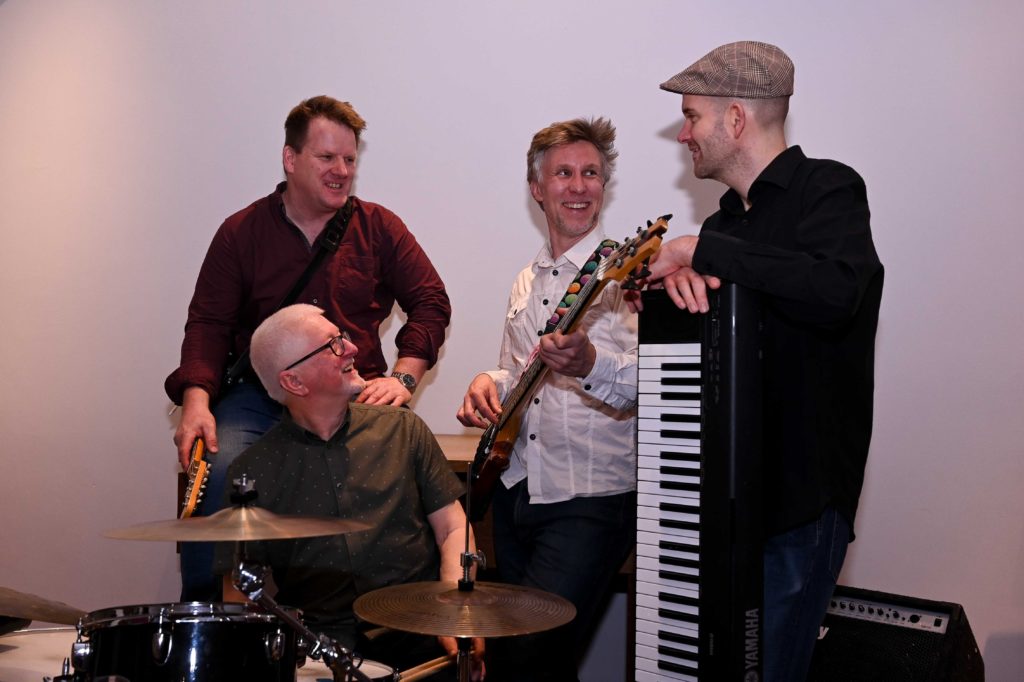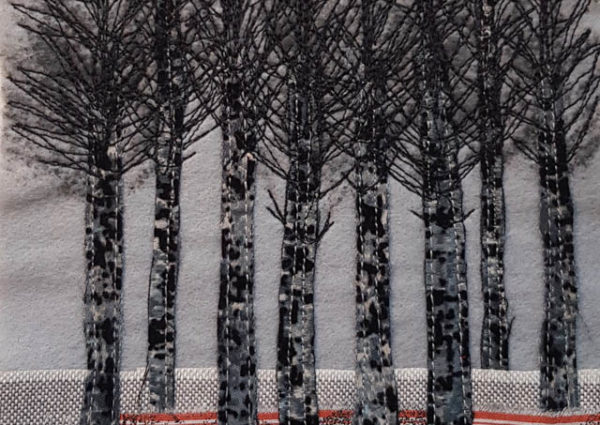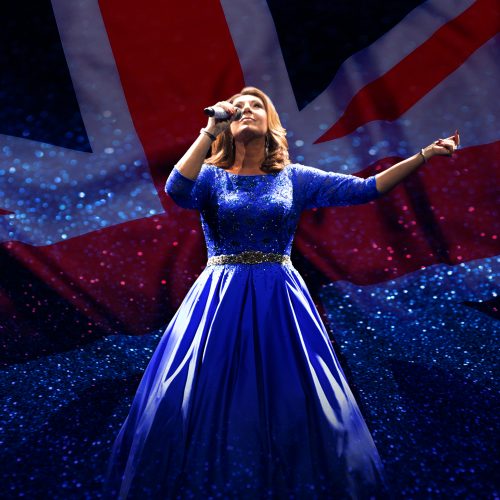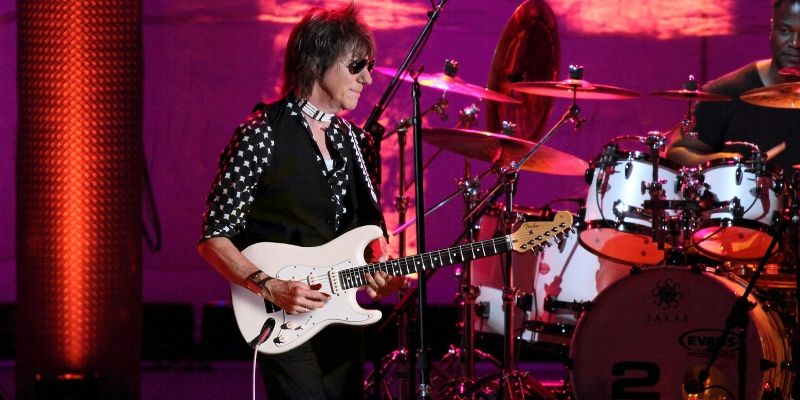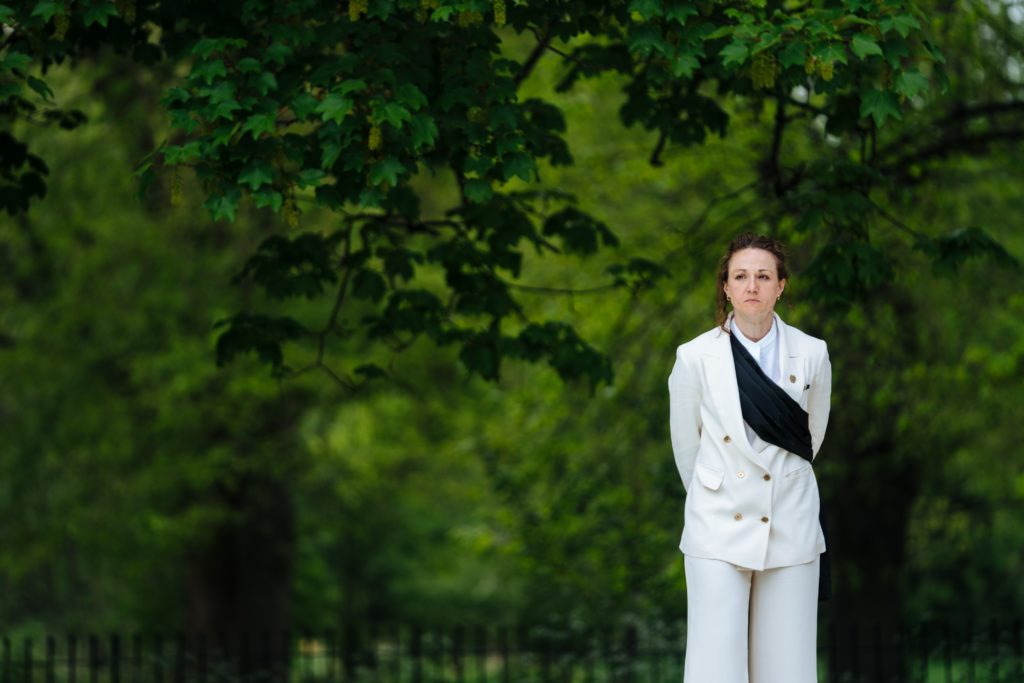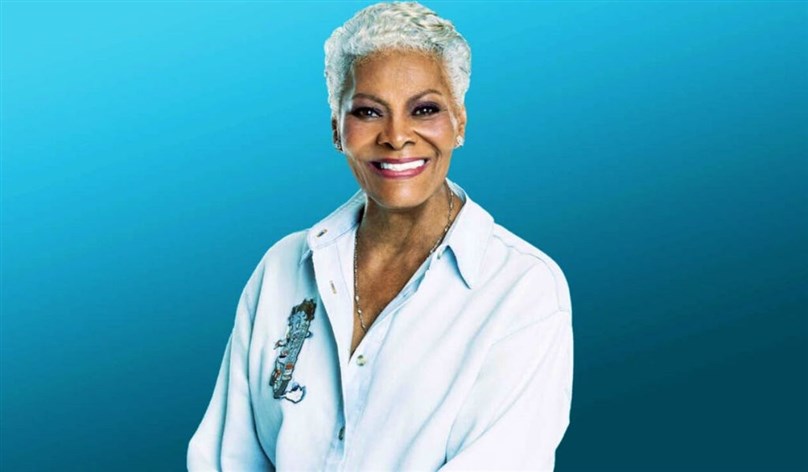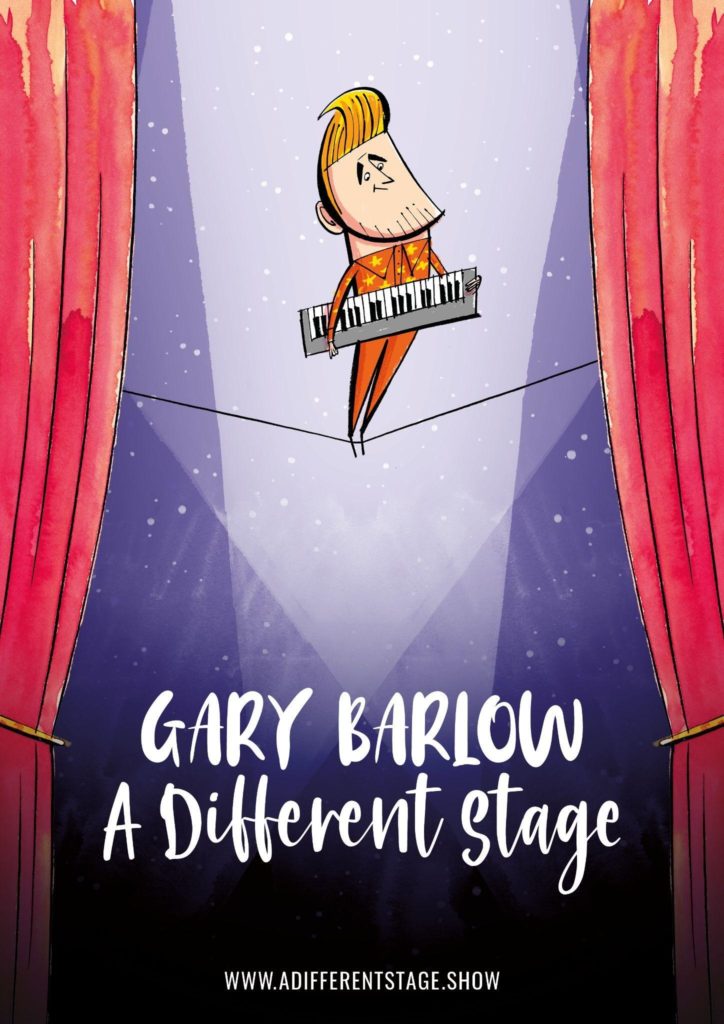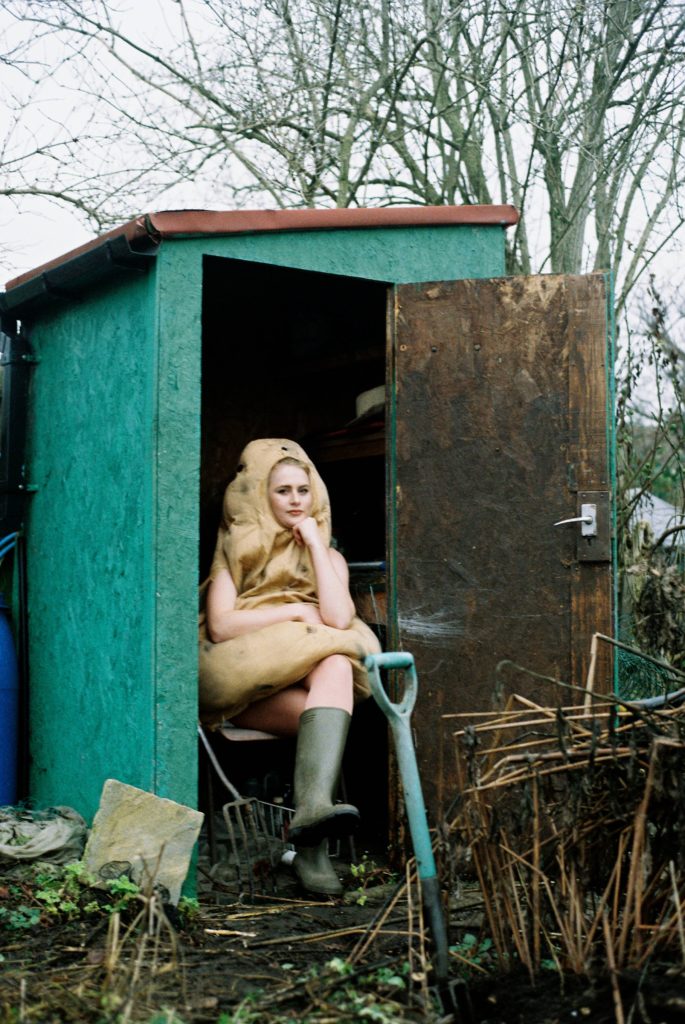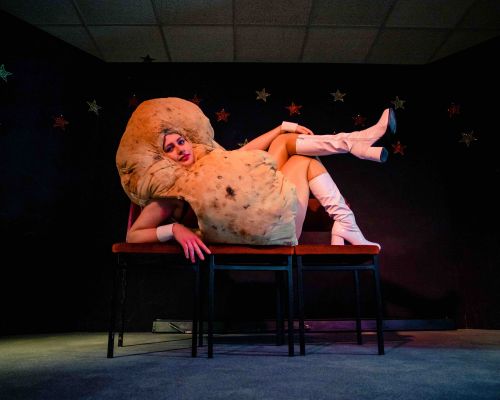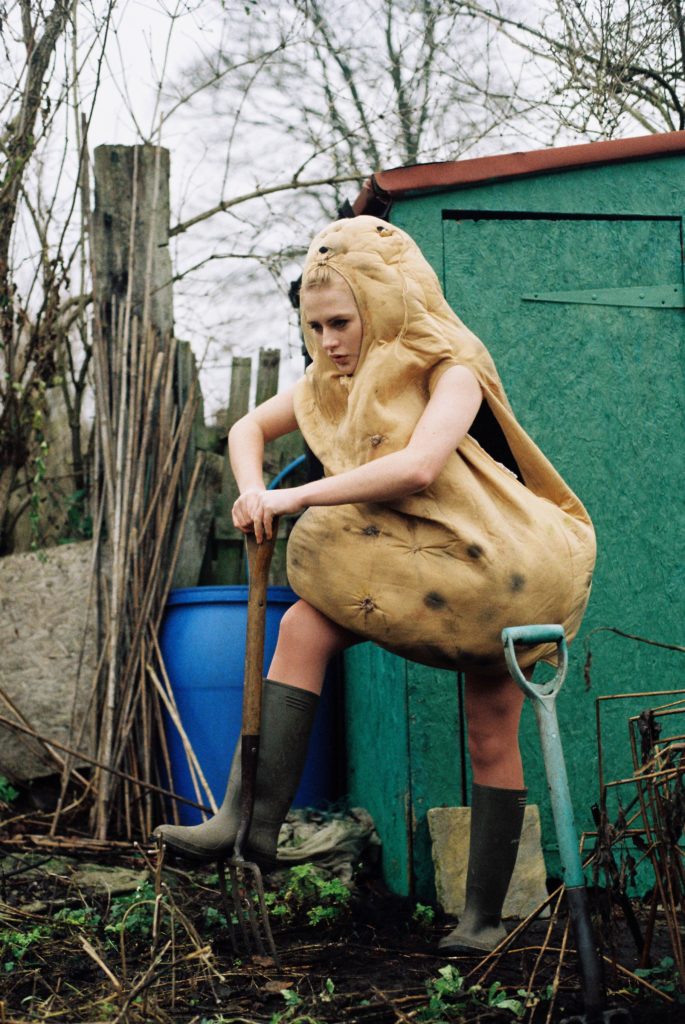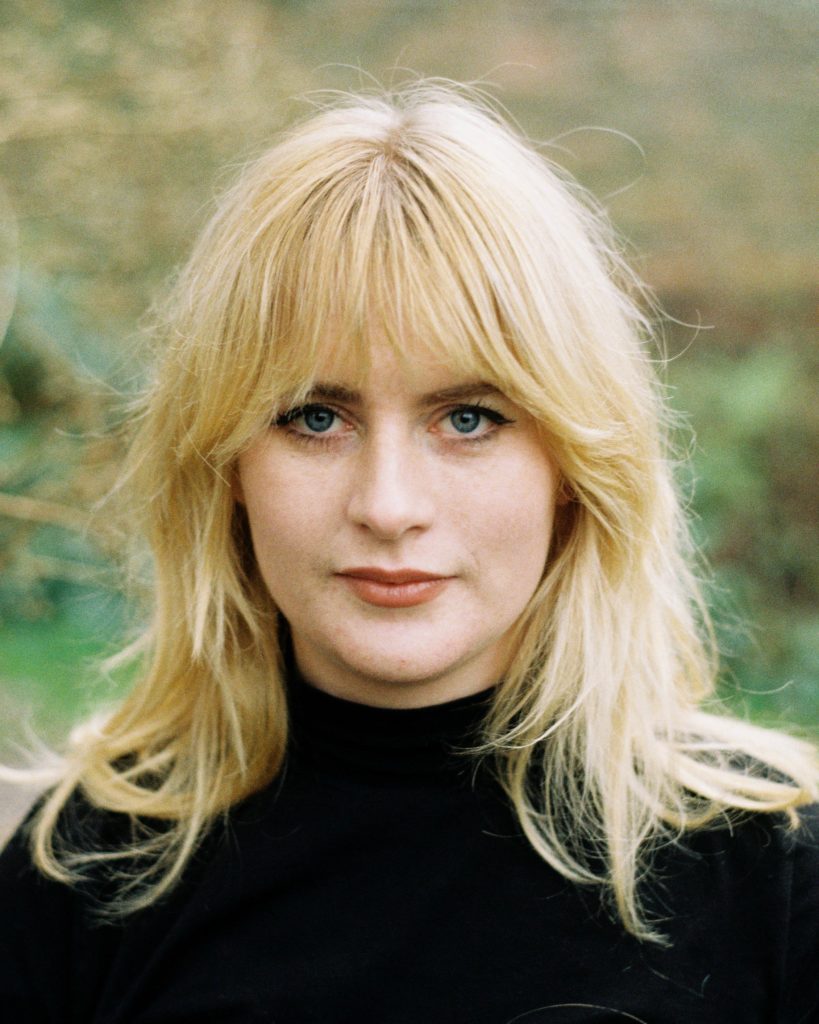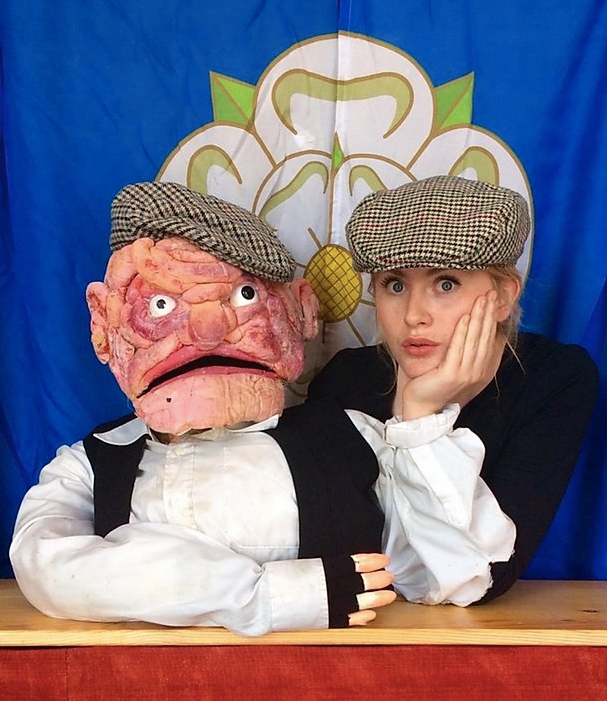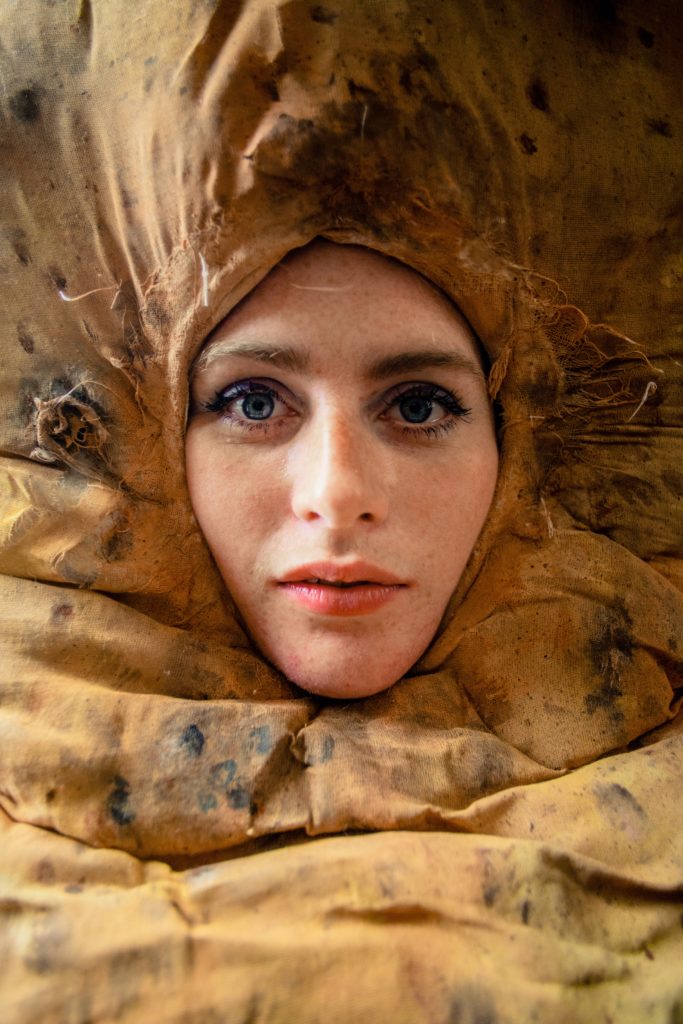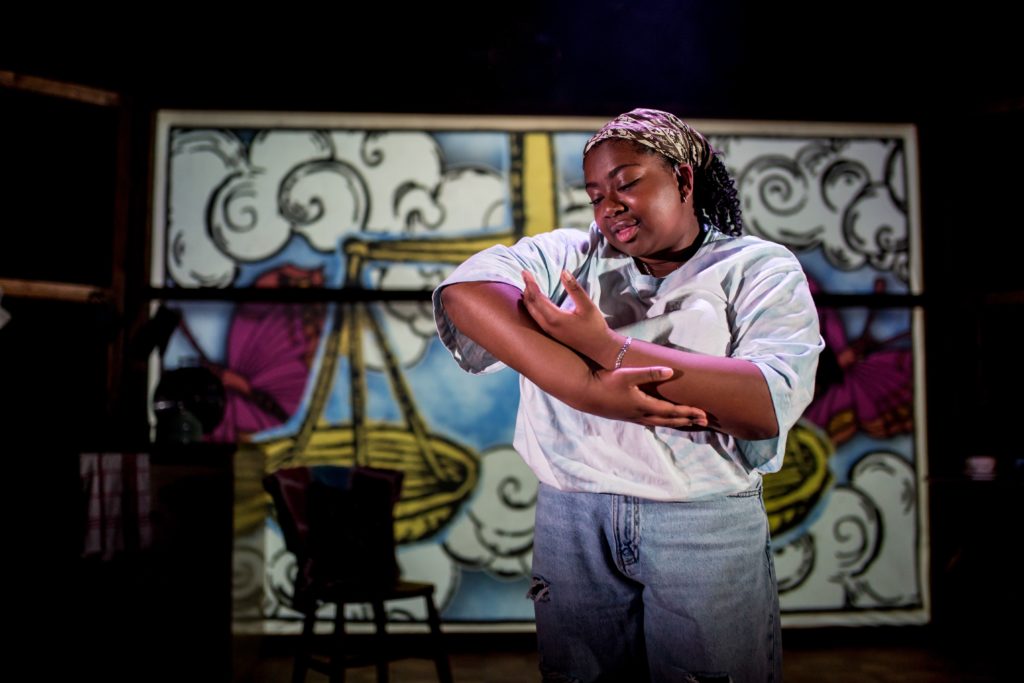
FOUR people come together to perform a ritual of community and catharsis in Deafinitely Theatre’s Everyday at York Theatre Royal tonight and tomorrow.
Gathering up true stories of deaf women and non-binary people’s experiences of surviving abuse, they form a witches’ coven like no other: one with a cauldron of newt’s eyes and butterflies, deep scars, and blazing signs.
Commissioned by New Diorama Theatre, writer-director Paula Garfield’s visually rich, playful and urgent world première combines British Sign Language and spoken English in the company’s distinctive bilingual style.
Drawing on interviews with women and non-binary people exploring domestic abuse in the deaf community, Everyday is a defiant and empowering new work that marks Deafinitely Theatre’s 20th anniversary.
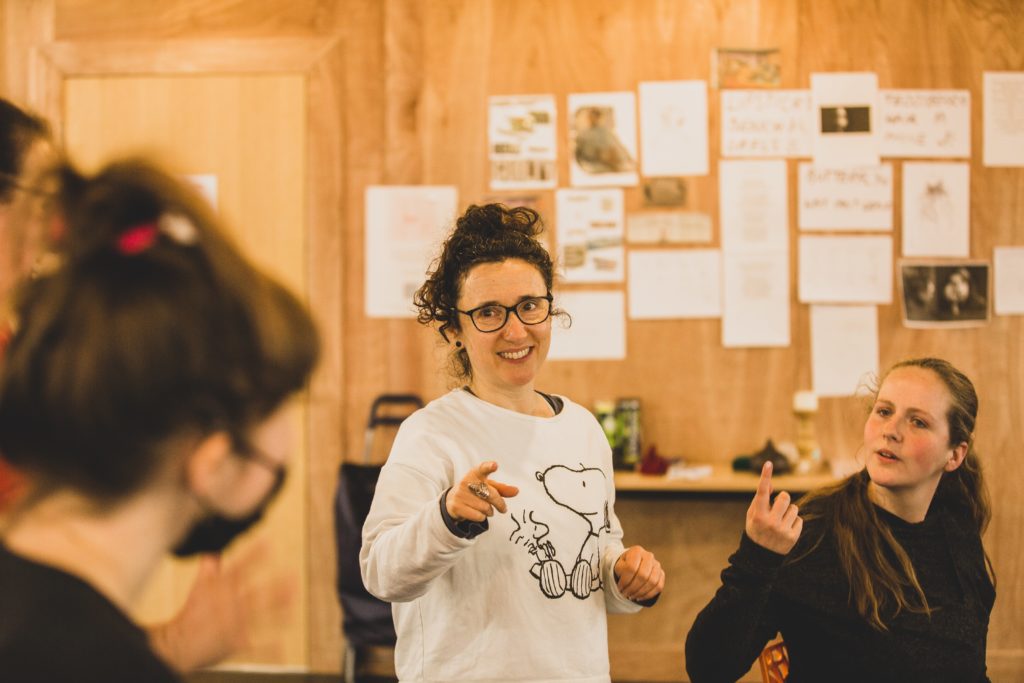
Here Paula Garfield discusses her new play:
What can audiences expect from this 20th anniversary world premiere?
“A fantastically skilled cast of three women and one non-binary person in a collaborative ensemble telling, for the first time, the stories of deaf people’s diverse experiences of domestic violence.
“We’ve seen raised discourse within mainstream media, with the likes of the #MeToo movement; however, domestic violence remains a taboo subject within the deaf community and the stories of deaf and disabled people have yet to be told.
“Everyday’s audiences will see these heartfelt and diverse stories told through the mediums of visual and physical theatre using British Sign Language, English and creative captioning.”
What was your writing process and what research did it involve?
“When Deafinitely Theatre was first established, we began creating devised productions, using the experiences of the deaf community to inspire those stories. We then shifted towards adapted screenplays, using scripts of well-known playwrights, such as Shakespeare and Sarah Kane.
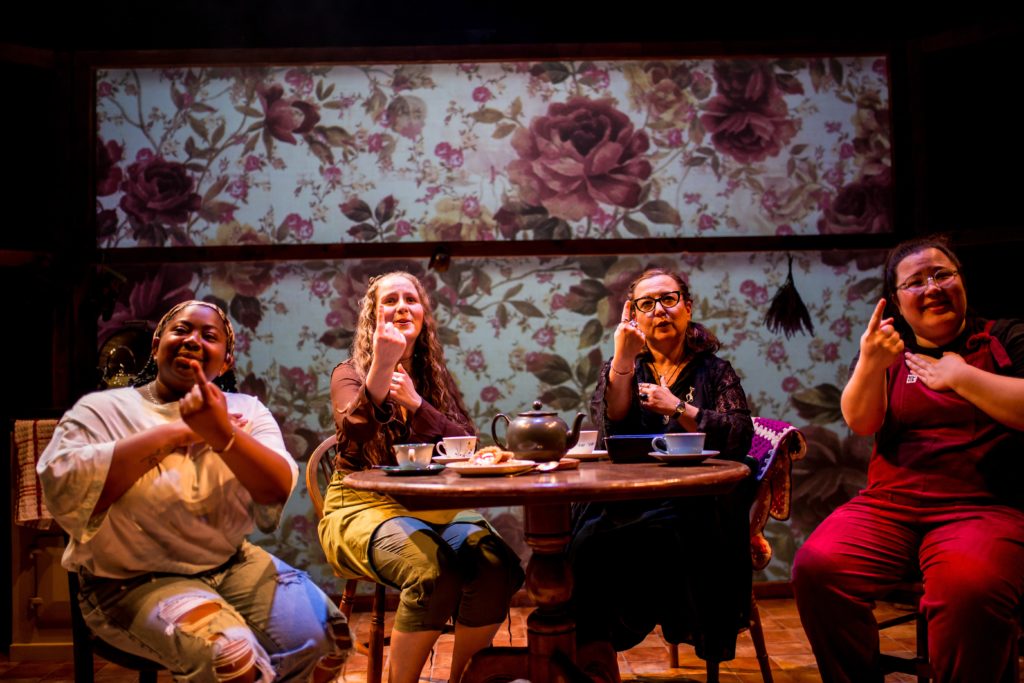
“This time, as we celebrate our 20th anniversary, I wanted to revert to our original method of working and create a devised play.
“During lockdown, I couldn’t help but see the numerous news reports showing the rapidly increasing rates of domestic abuse due to the impact of the pandemic. The problems were exacerbated by people unable to go out or to work and feeling trapped in their own homes.
“This prompted me to post on Facebook to see if anyone would come forward about their own experiences, and being a member of the deaf community, people knew me, and felt they could entrust me with their stories.”
What happened next?
“After speaking with several women and non-binary people, I invited some of them to be involved in a period of research and development with the actors, and I asked survivors to oversee the script. At the end of each stage of research and development, we shared our progress with an invitation-only audience and asked them for feedback upon which we would build.”
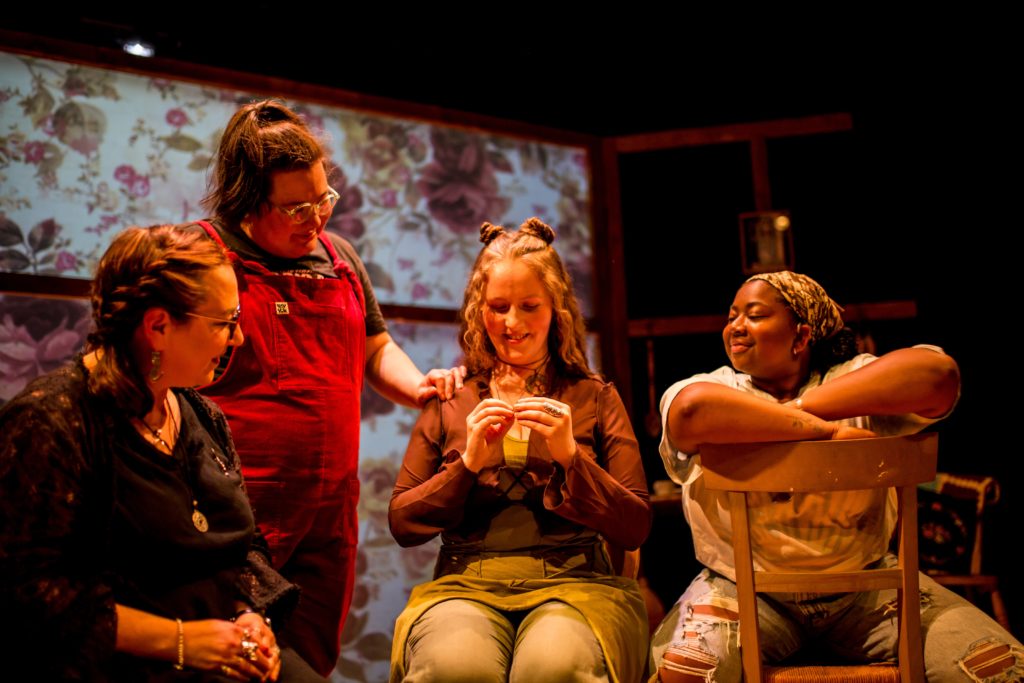
What do you hope audiences will take away from Everyday?
“I really want our audiences to be struck by this production and the vulnerability of deaf women and non-binary people facing domestic abuse. I want people to see the vital need for equal rights as their hearing counterparts when it comes to accessing domestic-abuse support services.
“A lot of the services across the UK are not accessible to deaf people; SignHealth is the only deaf-led organisation that provides support for deaf adults who experience domestic abuse. However, they can only support those who live in England, and I think this is mainly due to funding.
“We are lacking in refuges that accept members of the deaf community, as many will not house them due to ‘health and safety reasons’, which takes us right back to the issue of deaf rights, which in this context, seem to be almost non-existent.
“We’re also in need of more deaf Independent Domestic Violence Advocates, with very few trained practitioners expected to offer support to those all over the country. I believe we have a responsibility to create more training opportunities and to encourage more deaf people to pursue this career pathway where services are so desperately needed.”
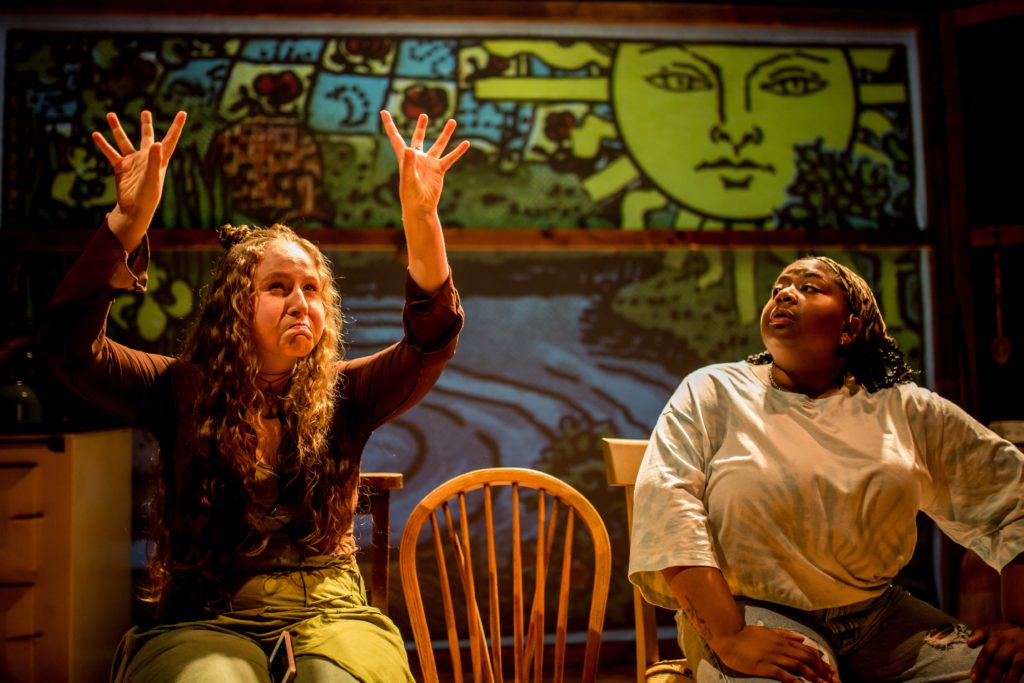
What are you most looking forward to about taking the production on tour?
“I’m so pleased to be touring the production because the deaf community isn’t only based in London, there are strong deaf communities across the UK. I’d love for us to be touring even wider and further afield one day.
“Working with Birmingham Rep Theatre has been a long-standing dream of mine, so I’m over the moon that we’re included in their programme. The same is true for our collaborations with Northern Stage and York Theatre Royal; I have hopes that this marks the beginnings of many more touring productions for Deafinitely Theatre in the future.
“I’d love for theatres across the UK to become aware that they have deaf communities and audiences who need to see themselves represented in theatre. The deaf community needs deaf-led theatre: deaf directors, deaf creatives, deaf people and deaf stories.”
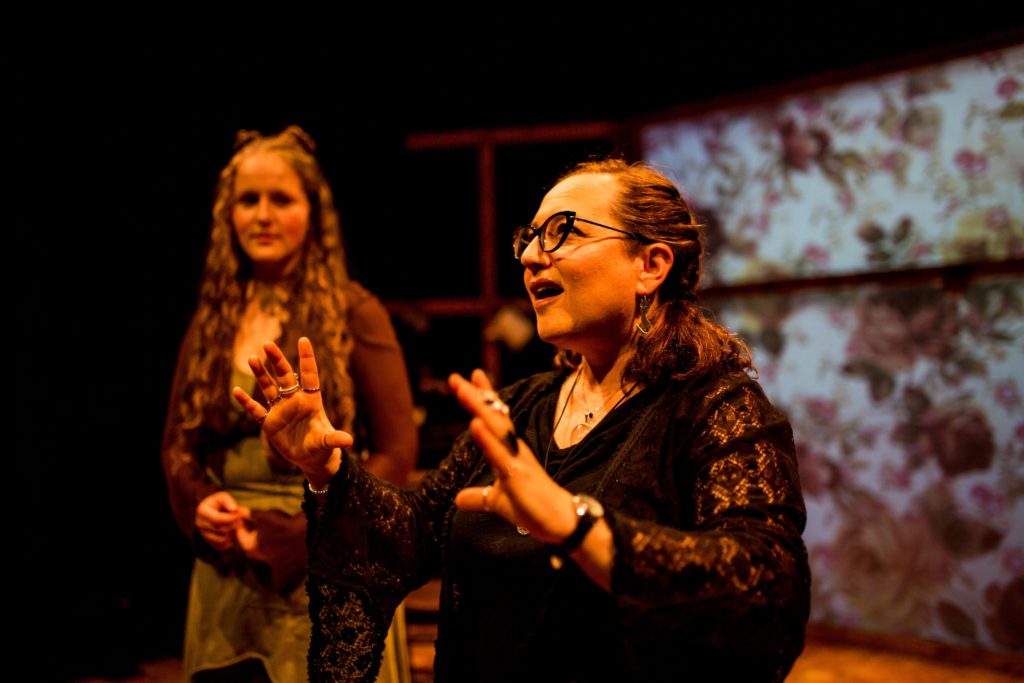
Why should York audiences see Everyday tonight or tomorrow?
“I believe Everyday has poignant messages for both deaf and hearing audiences. I hope that Everyday will empower a deaf audience, making them aware of some of the more nuanced signs of abuse, help break the stigma surrounding abuse, and raise awareness of support services.
“I hope that deaf audiences will feel seen and understood, and for those who may have experienced domestic abuse to know that they are not alone.
“I want a hearing audience to understand that anyone can experience domestic abuse and that for deaf people there are additional barriers. The community have faced historical oppression by means of language, education and access to services and many of these difficulties still exist today. To drive improvements, we need to raise awareness, and that is a part of what I hope Everyday will achieve.”
Deafinitely Theatre in Everyday at York Theatre Royal on June 21 and 22 at 7.30pm. Box office: 01904 623568 or at yorktheatreroyal.co.uk. Age recommendation: 16 plus

